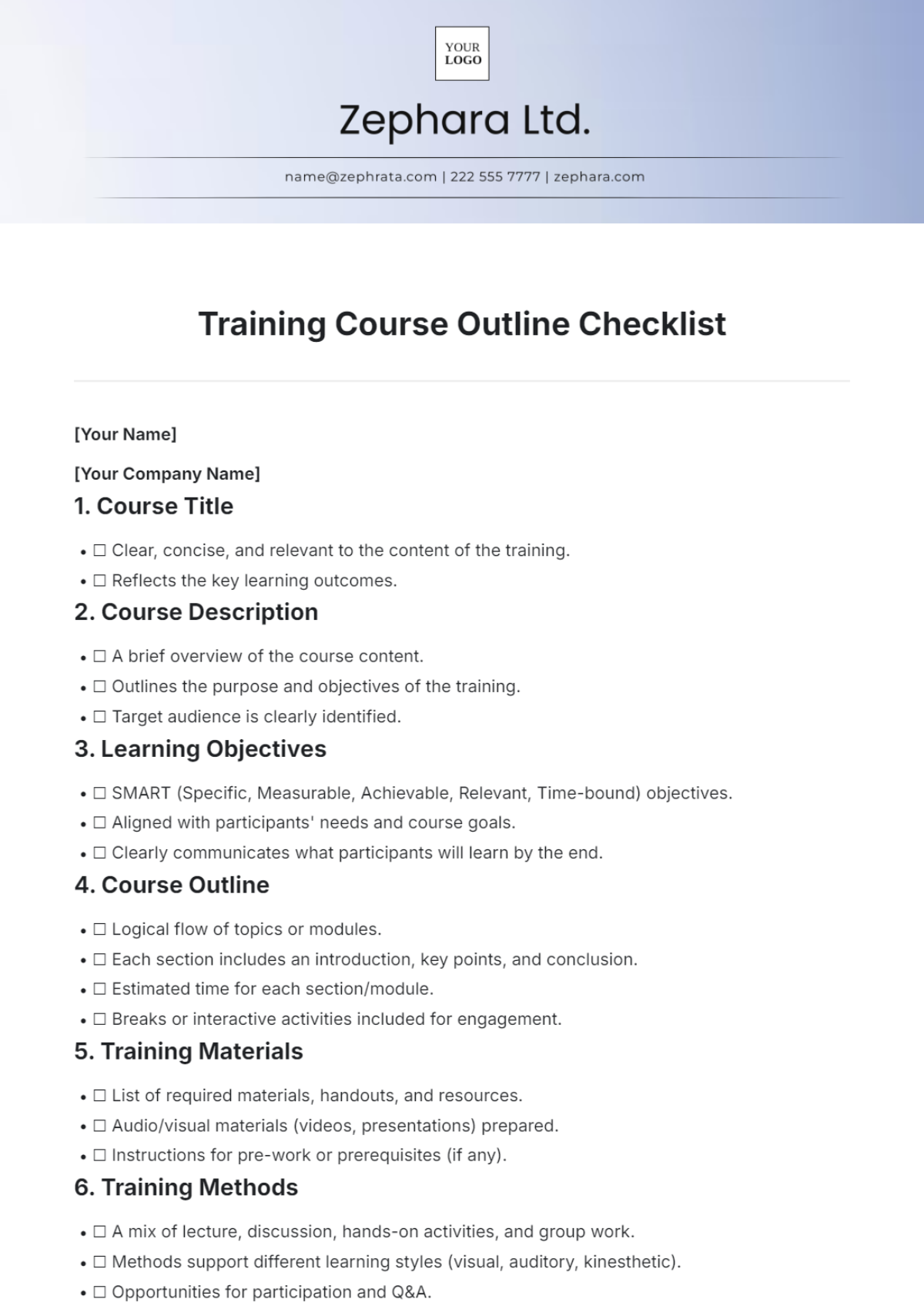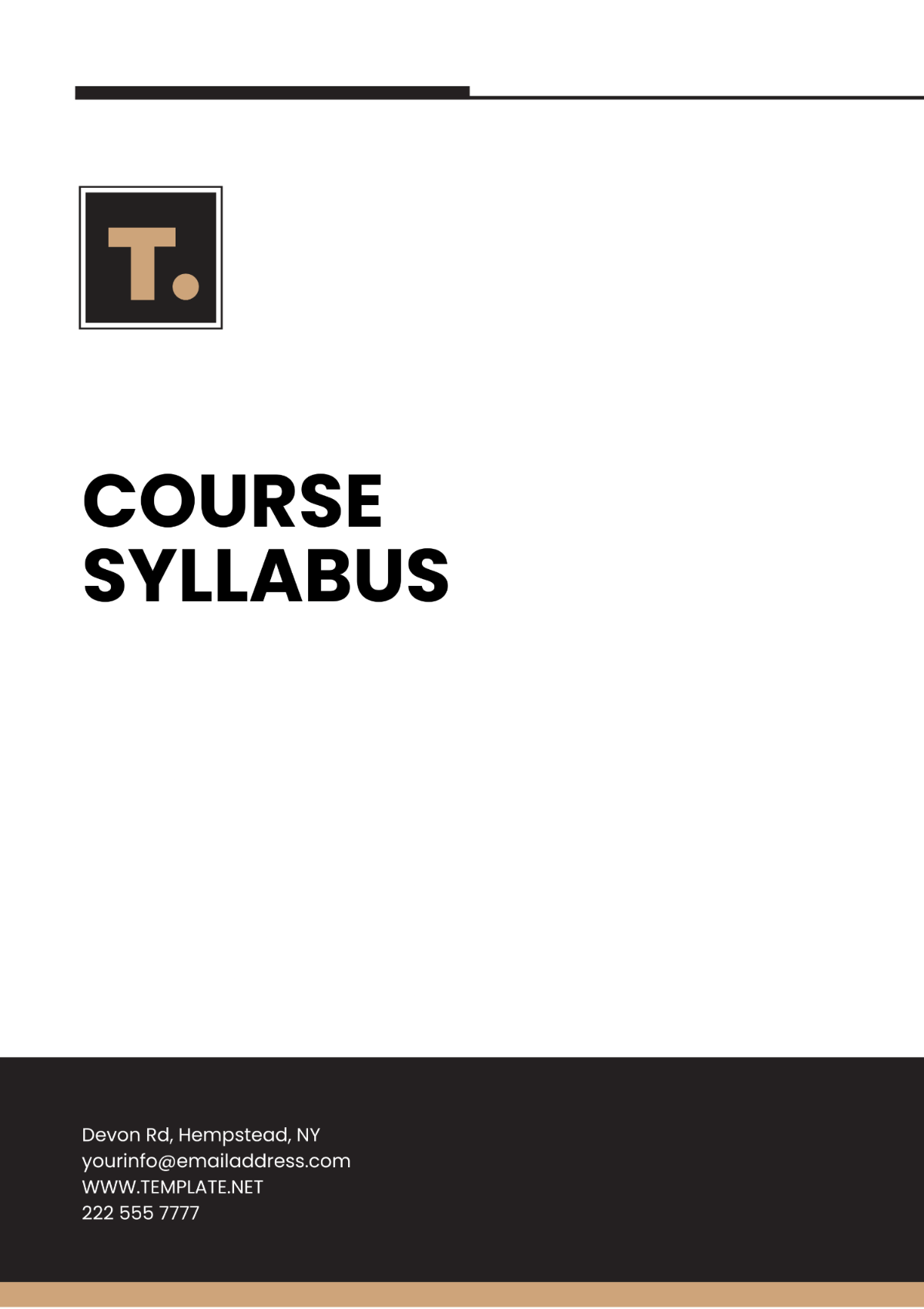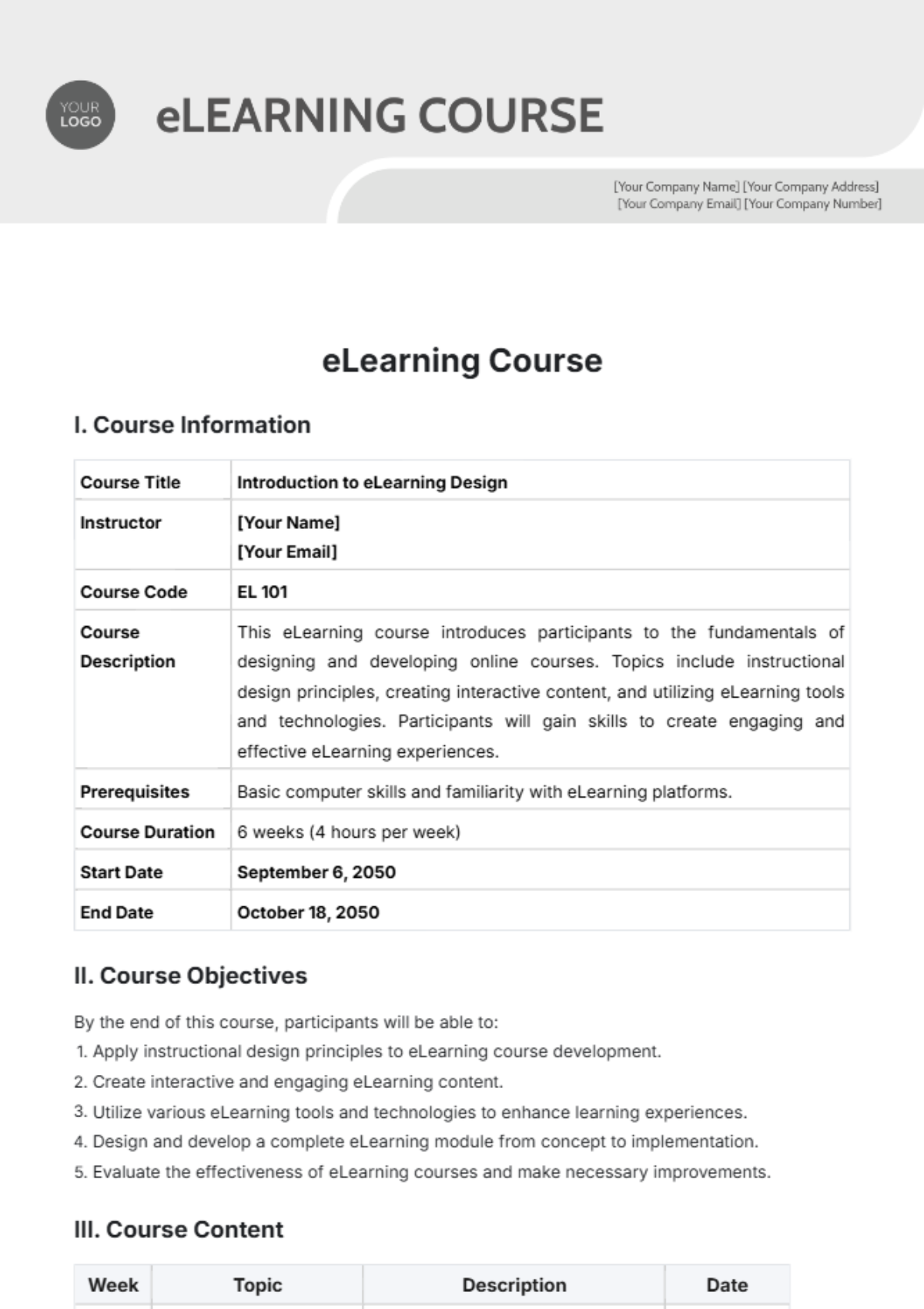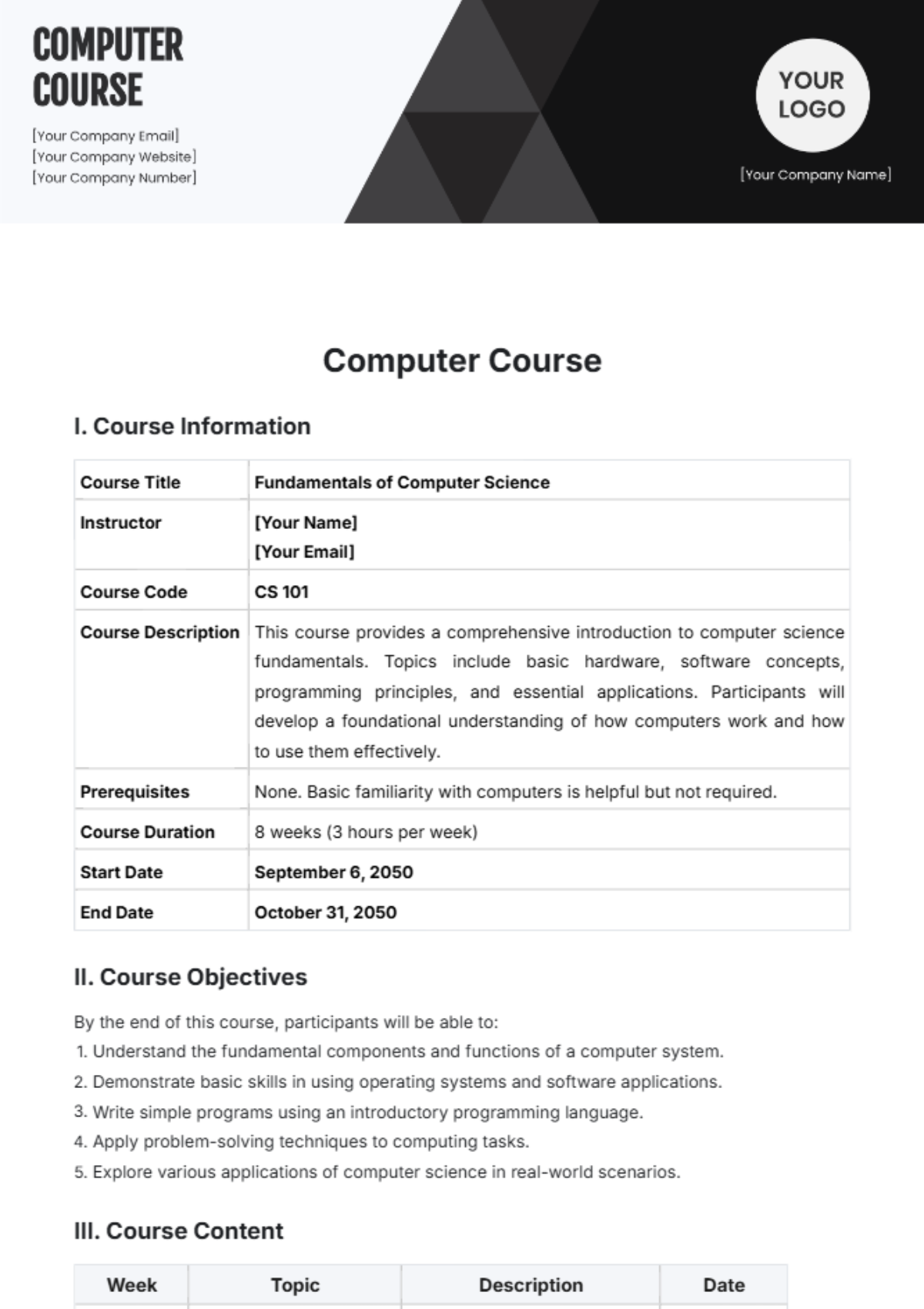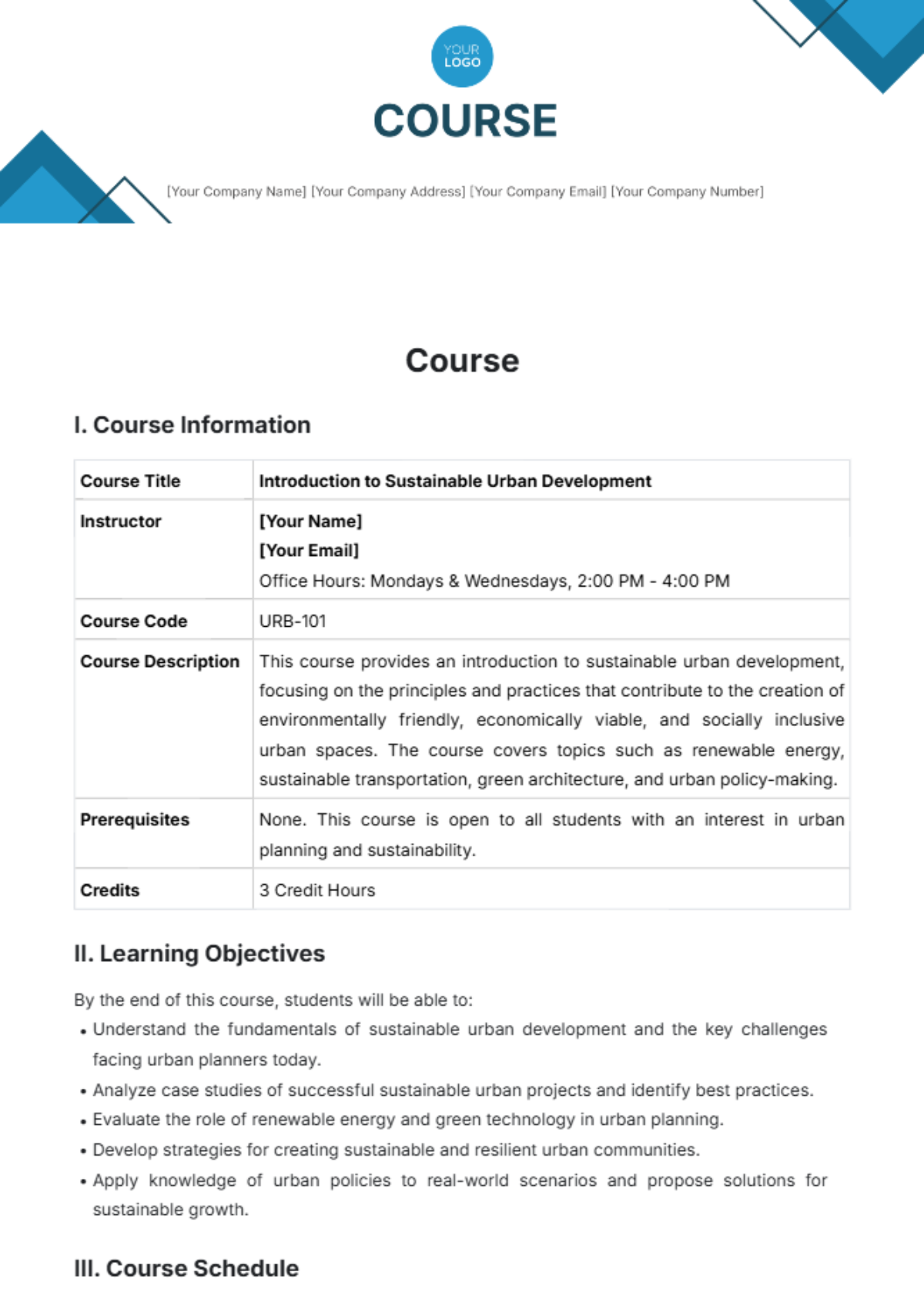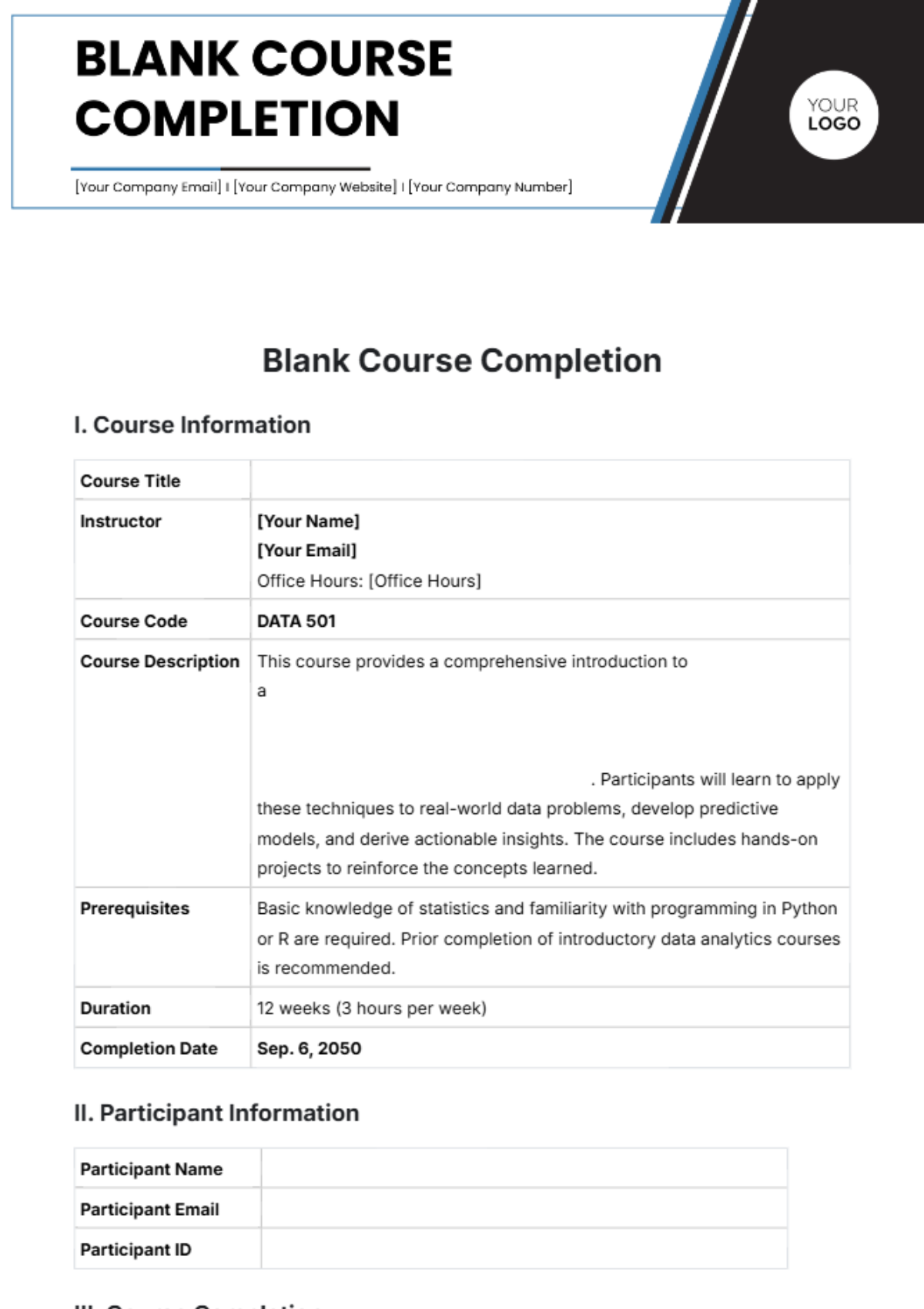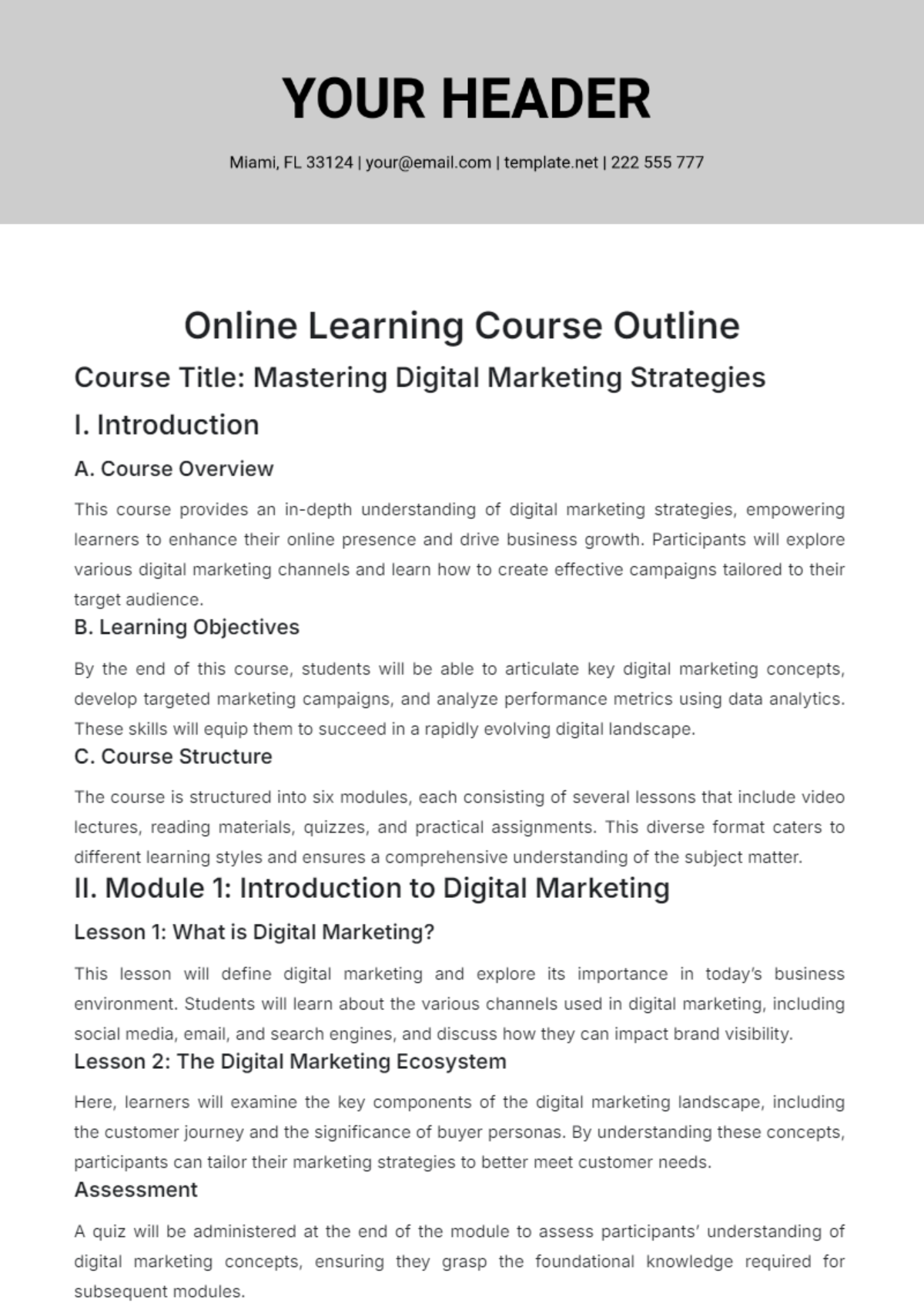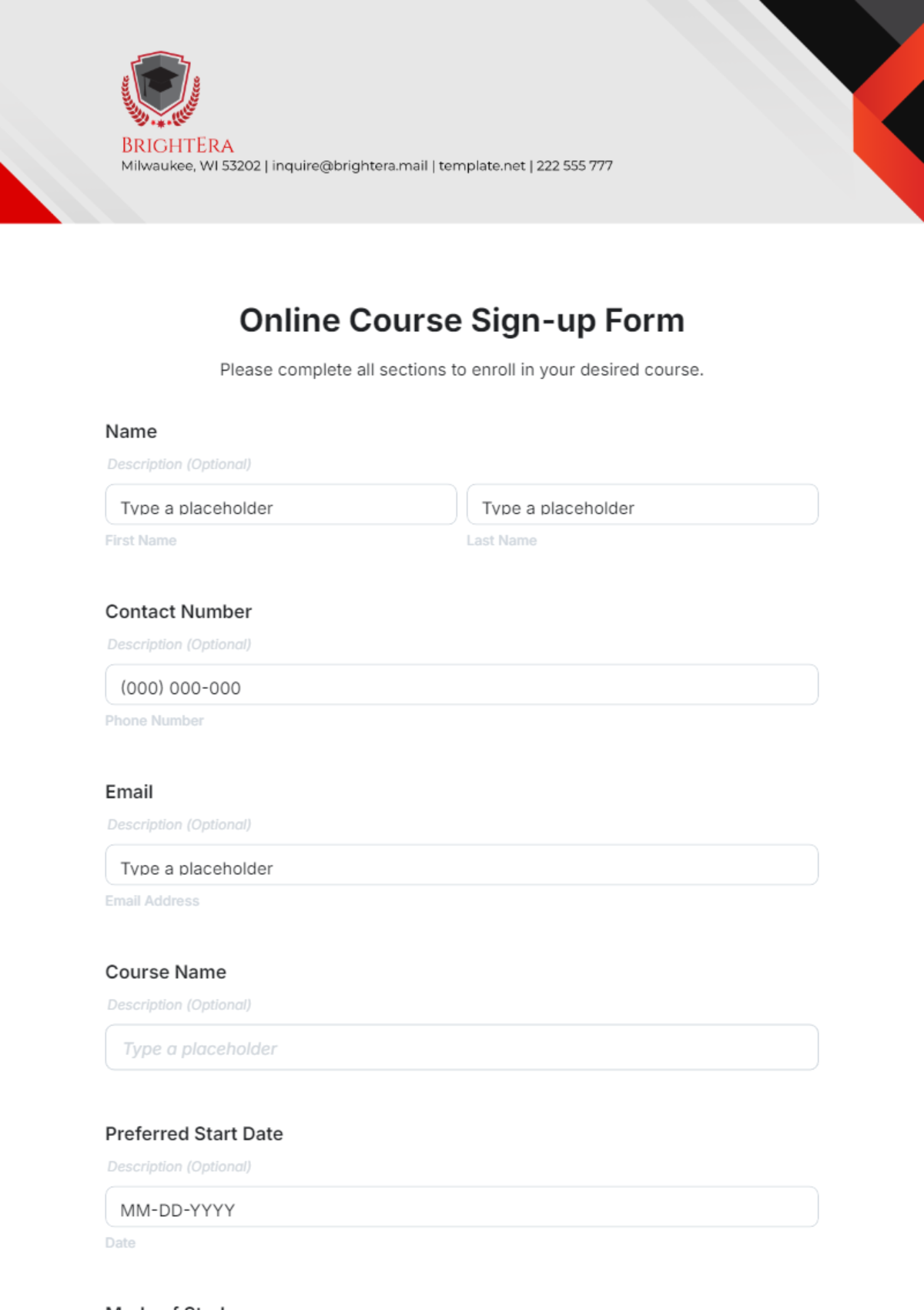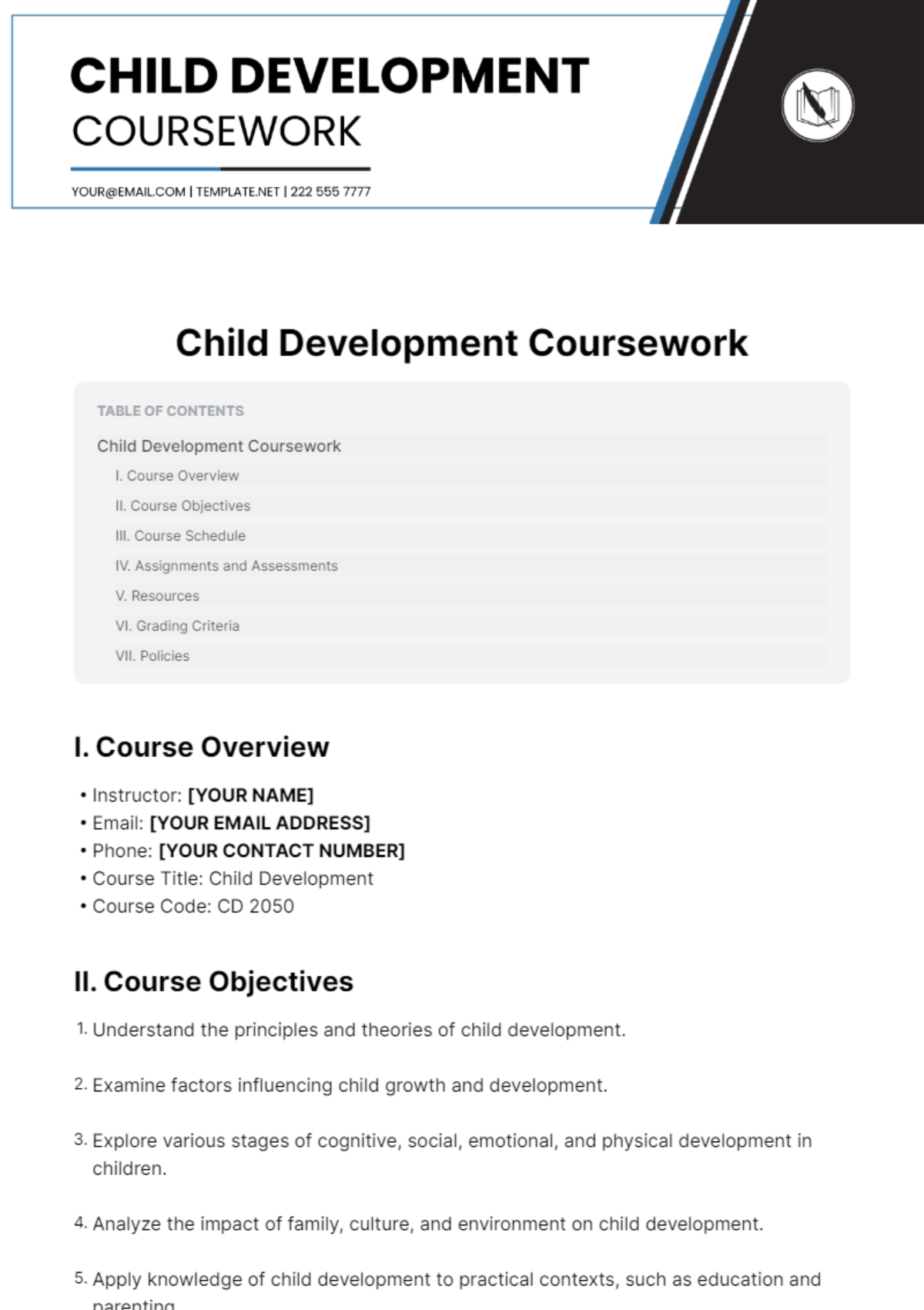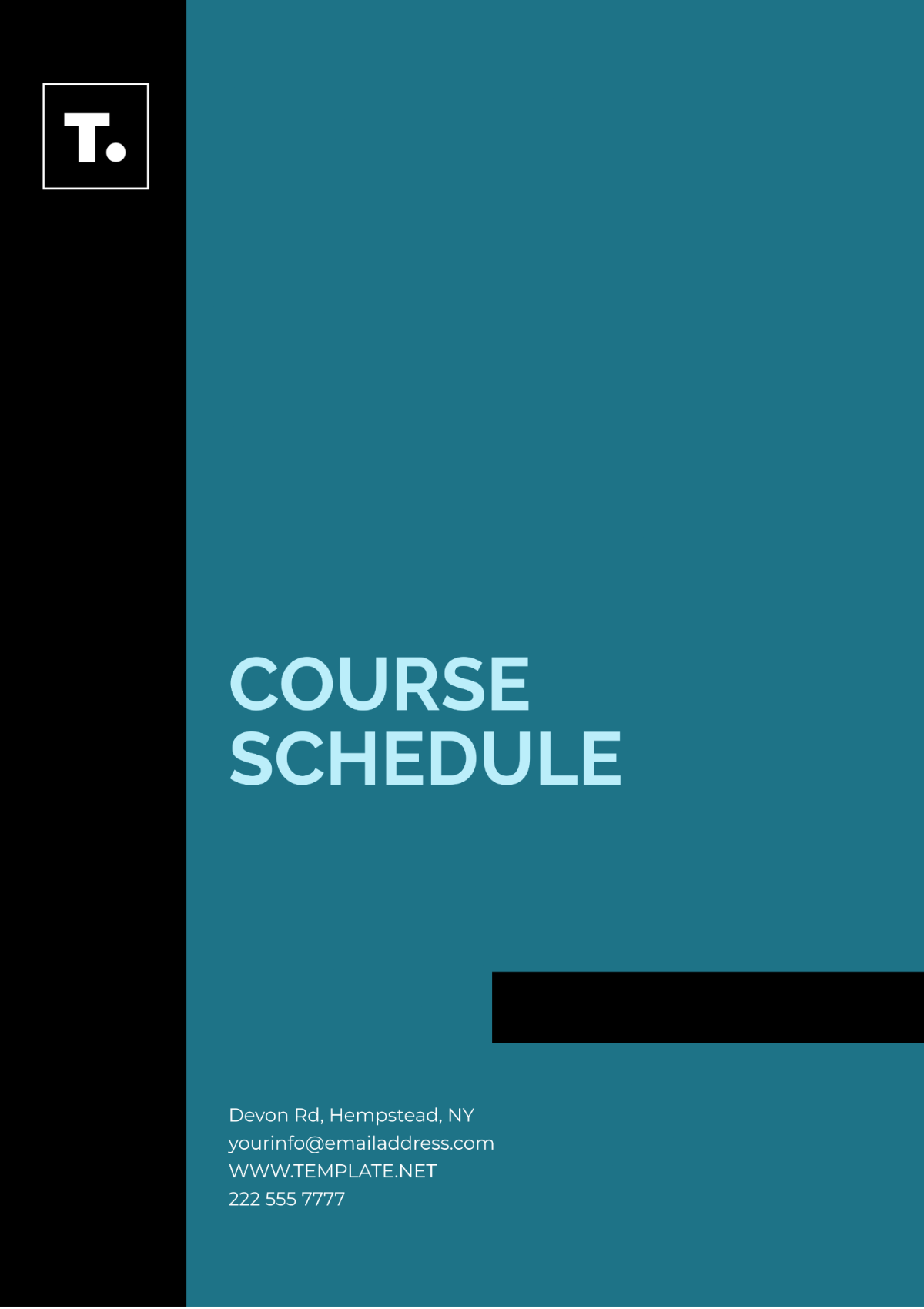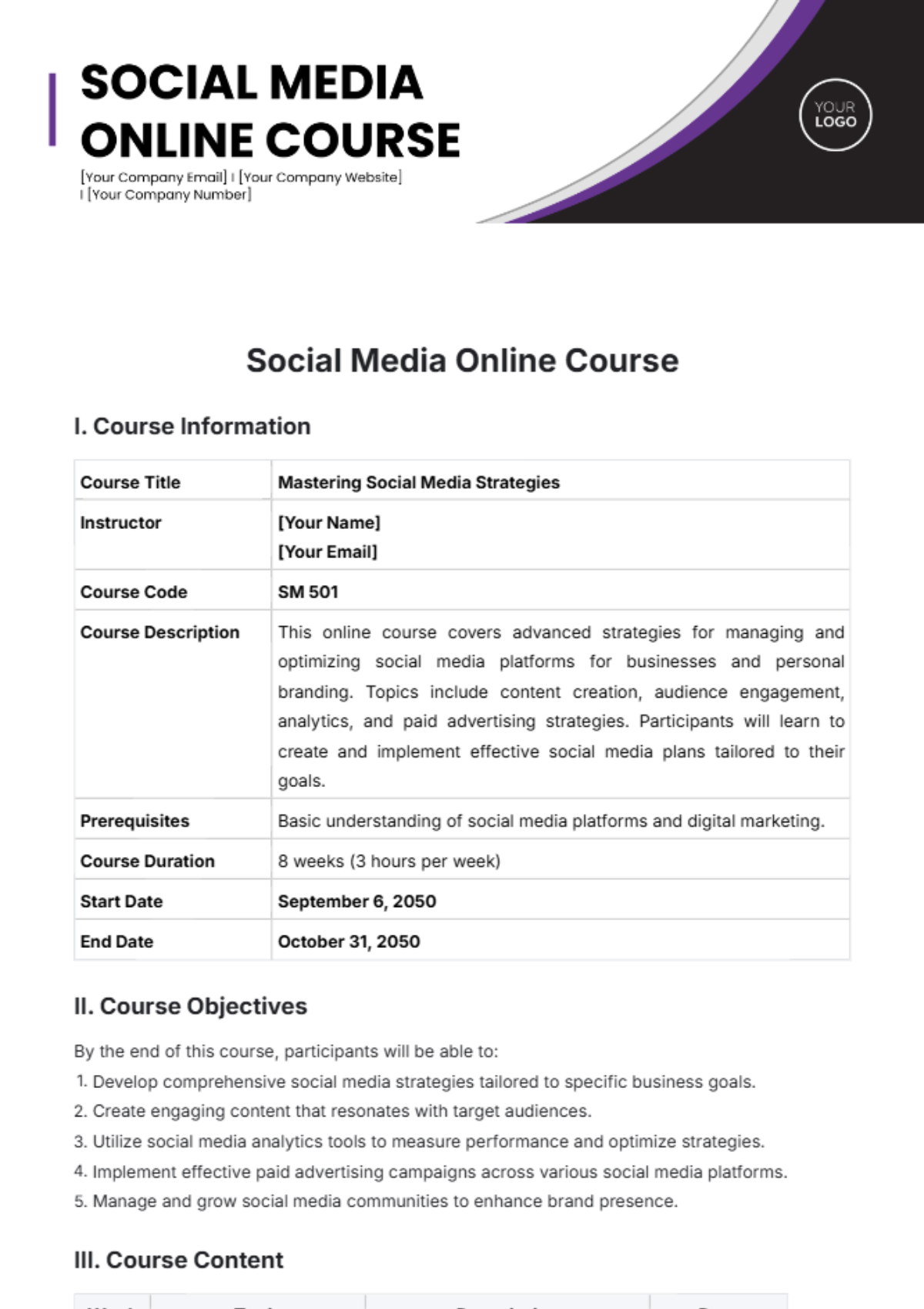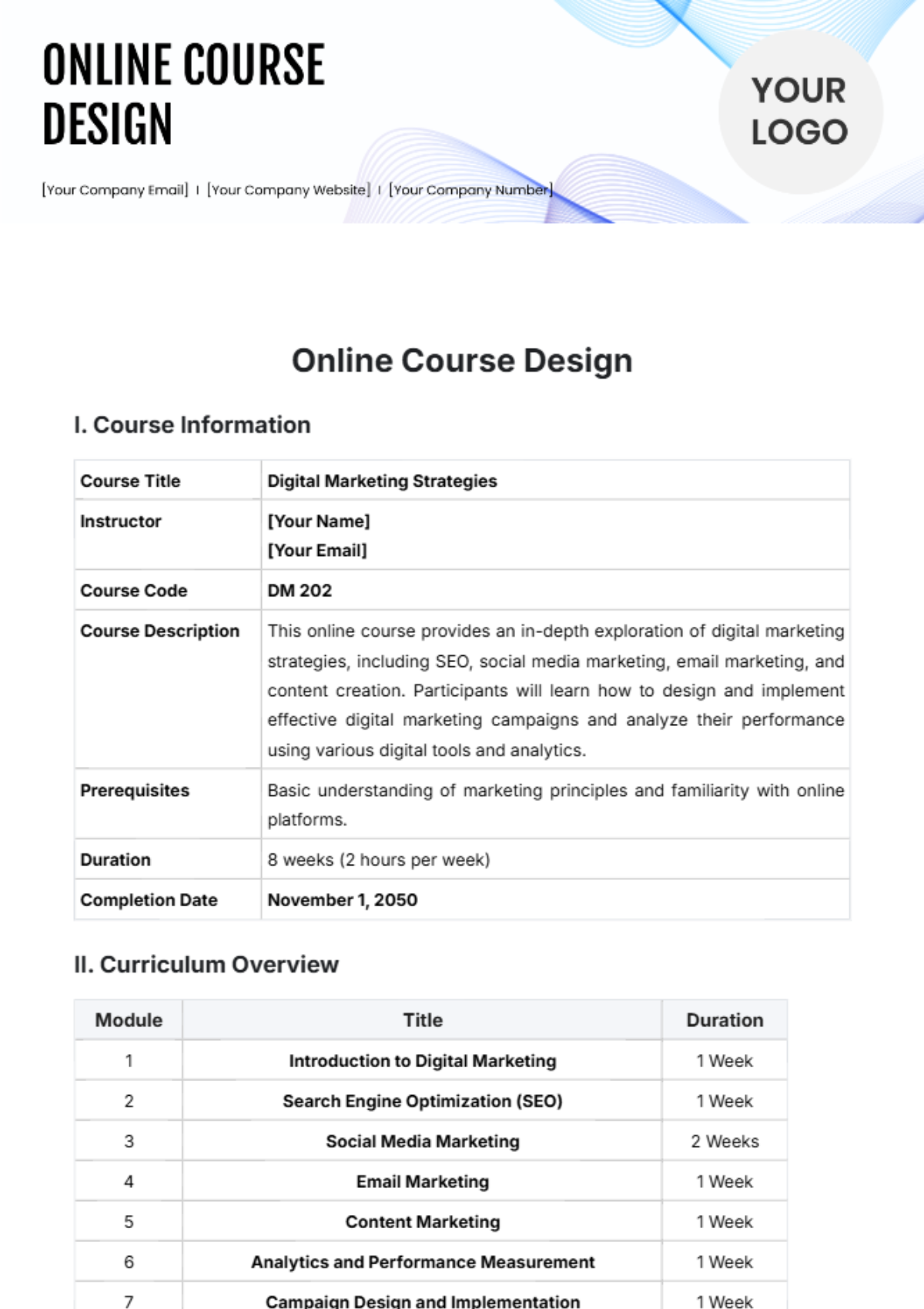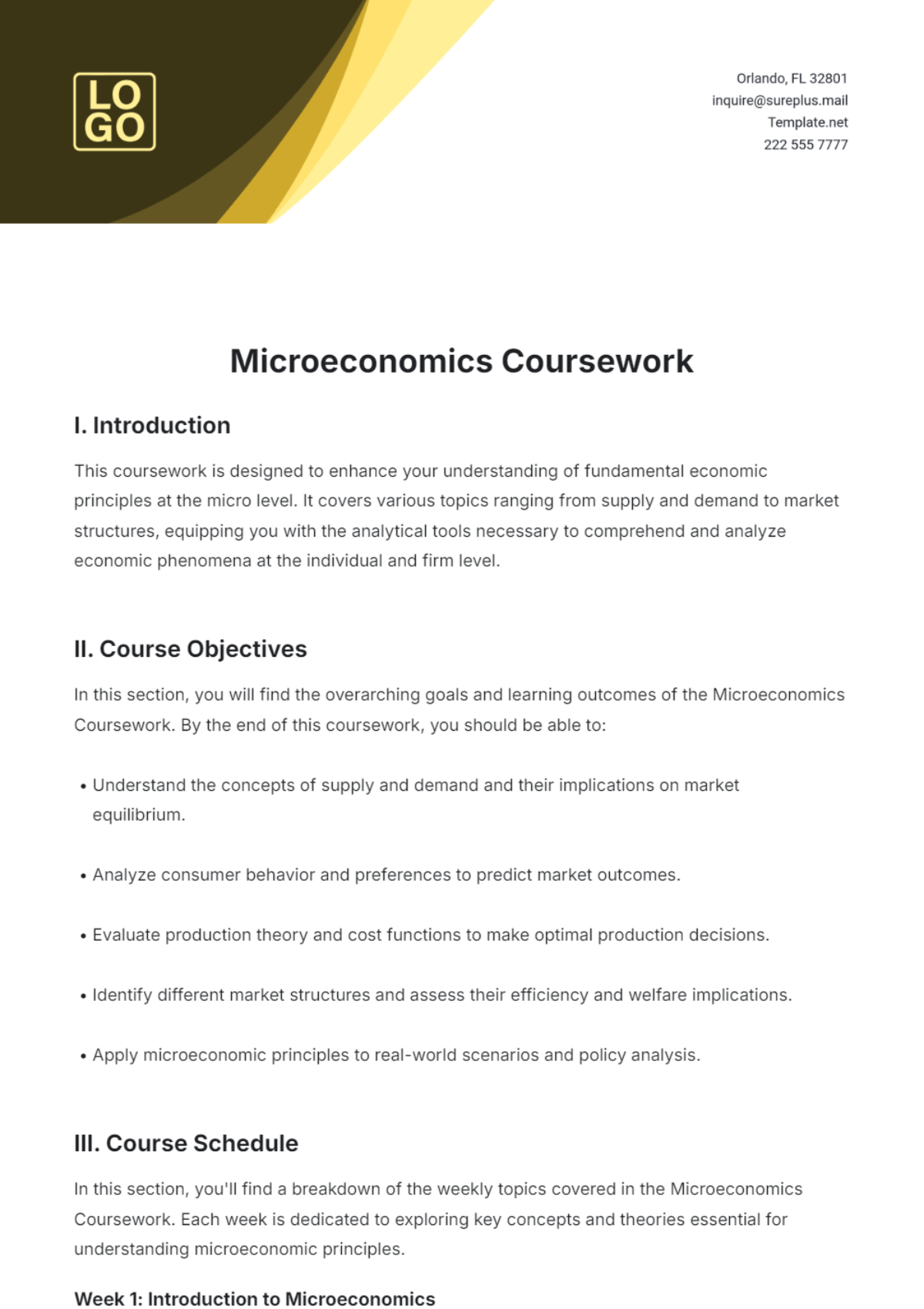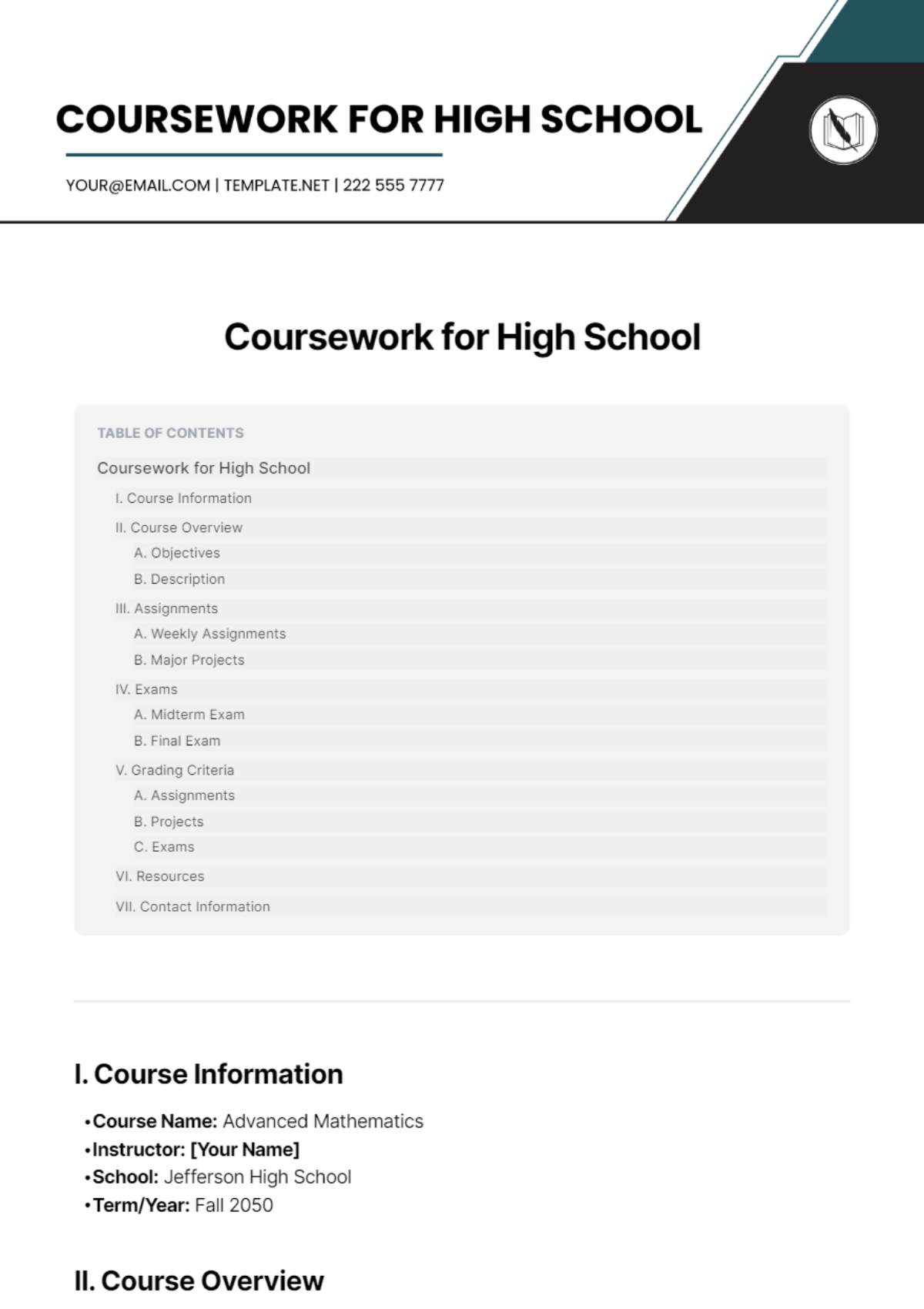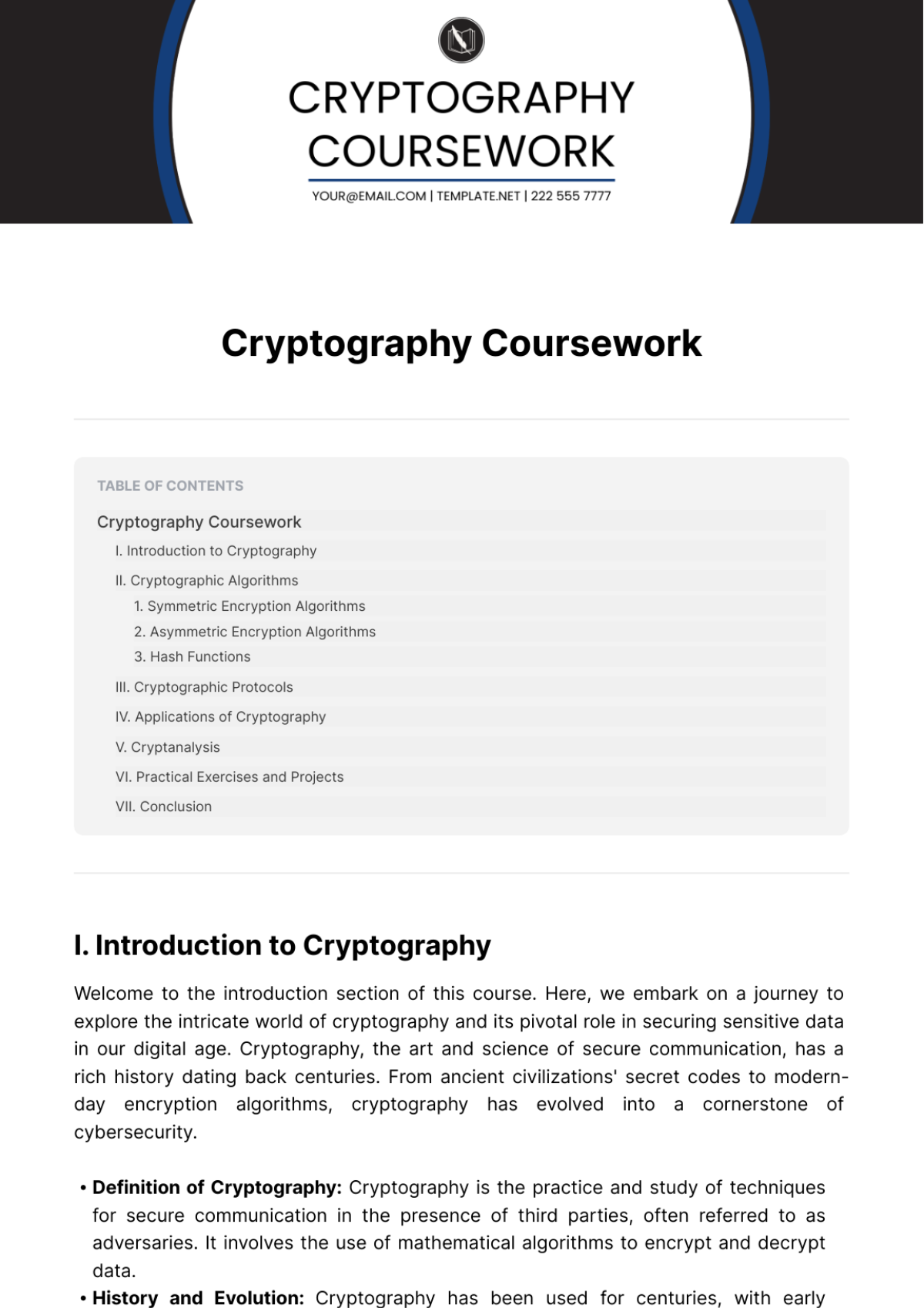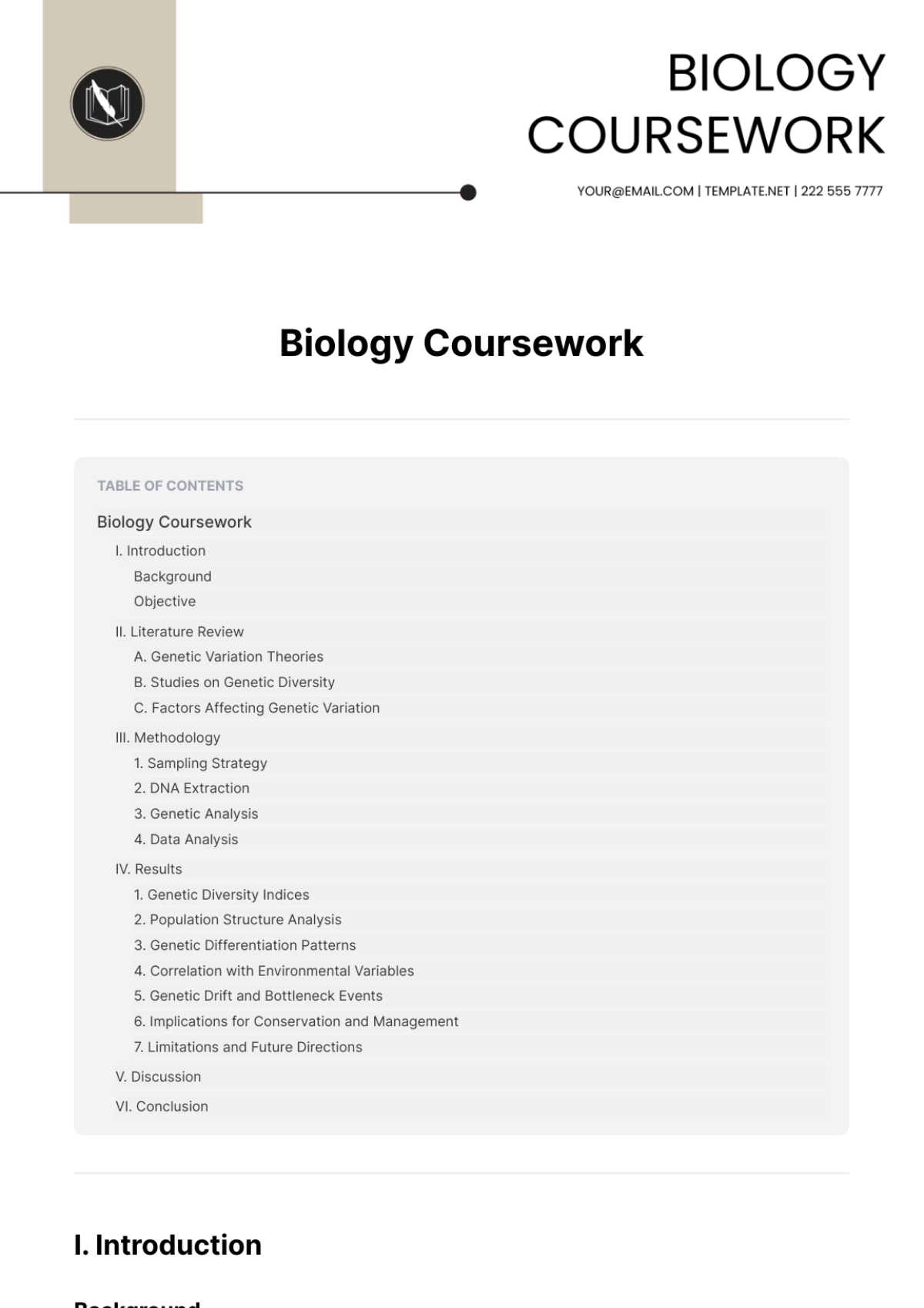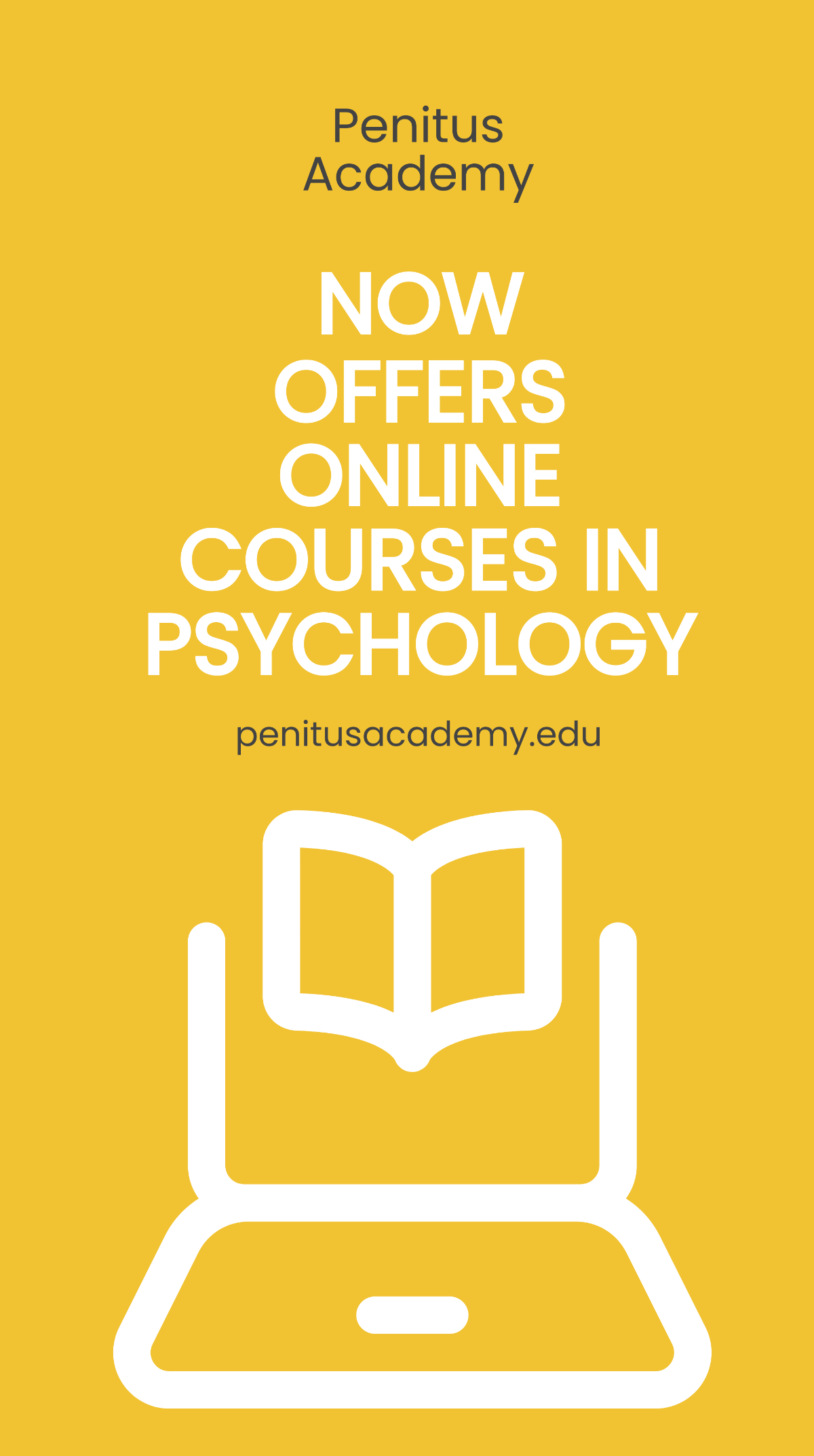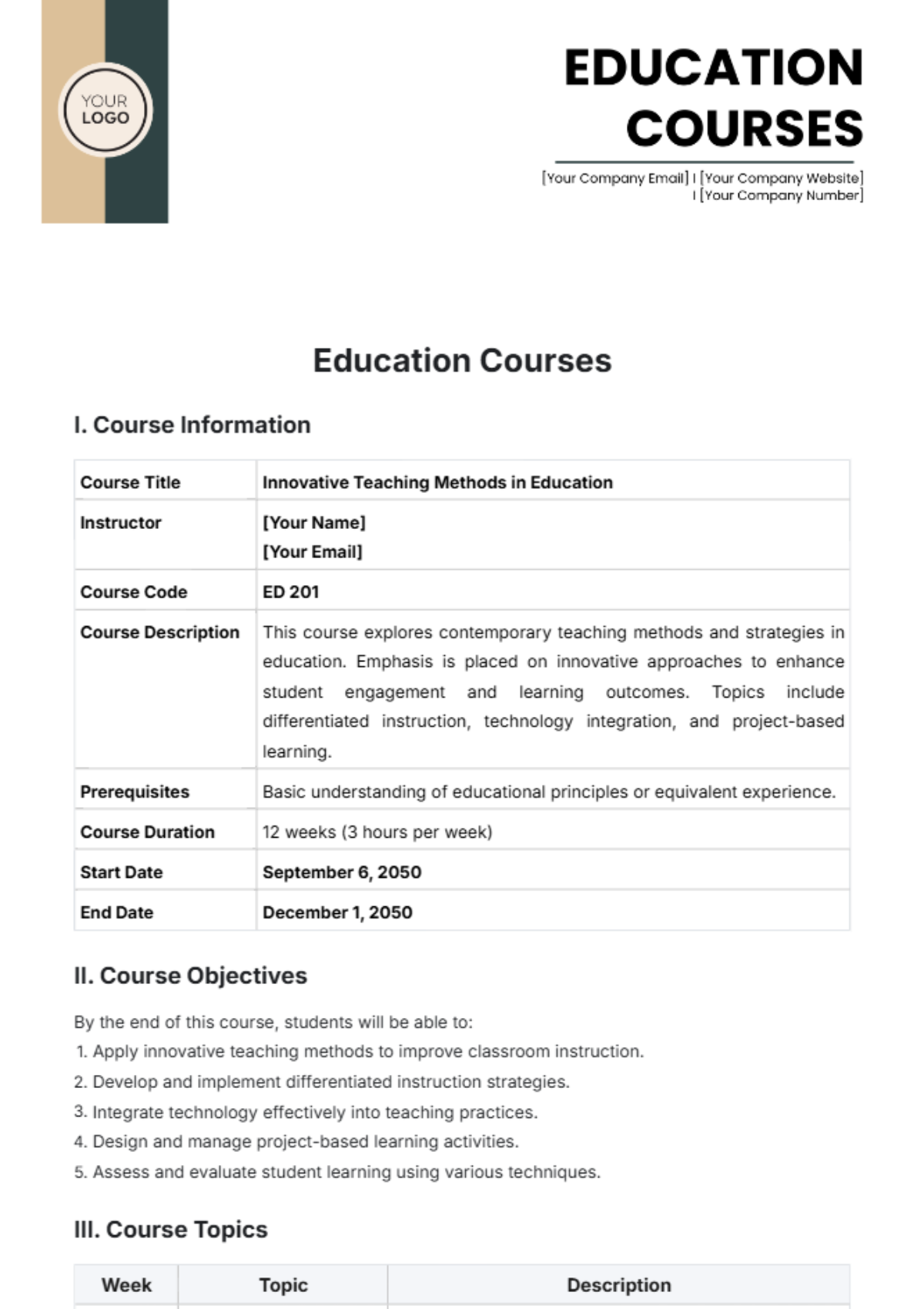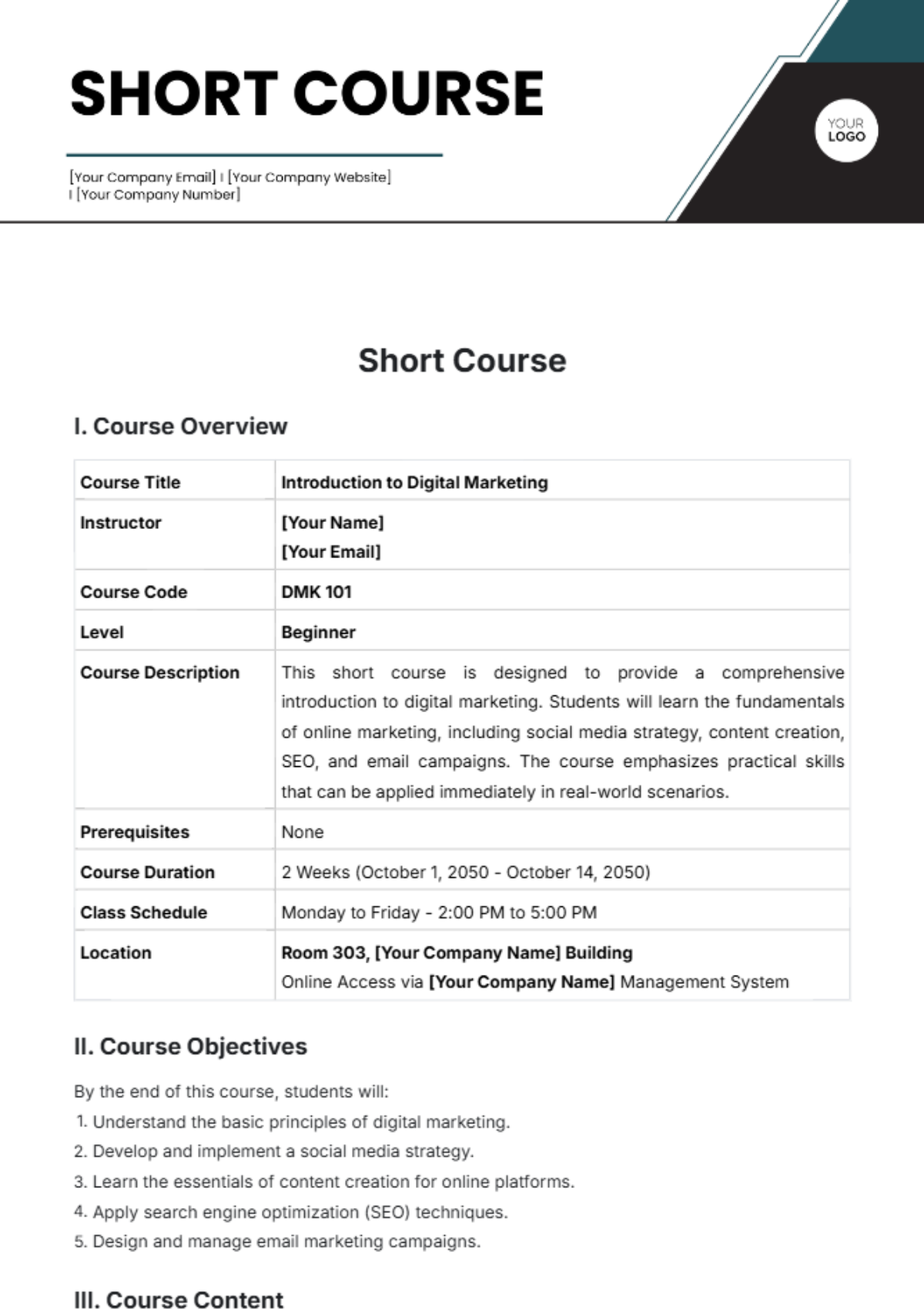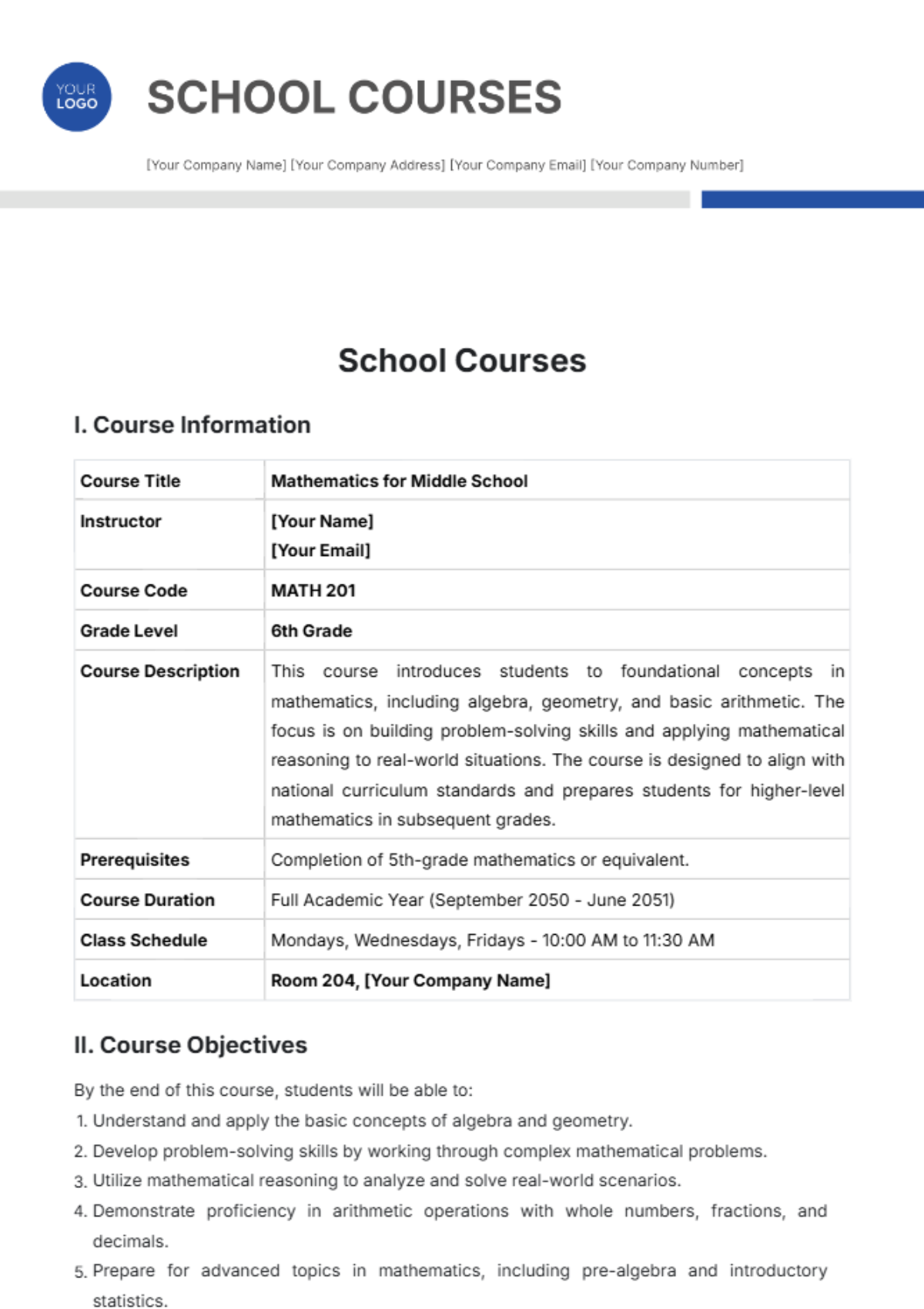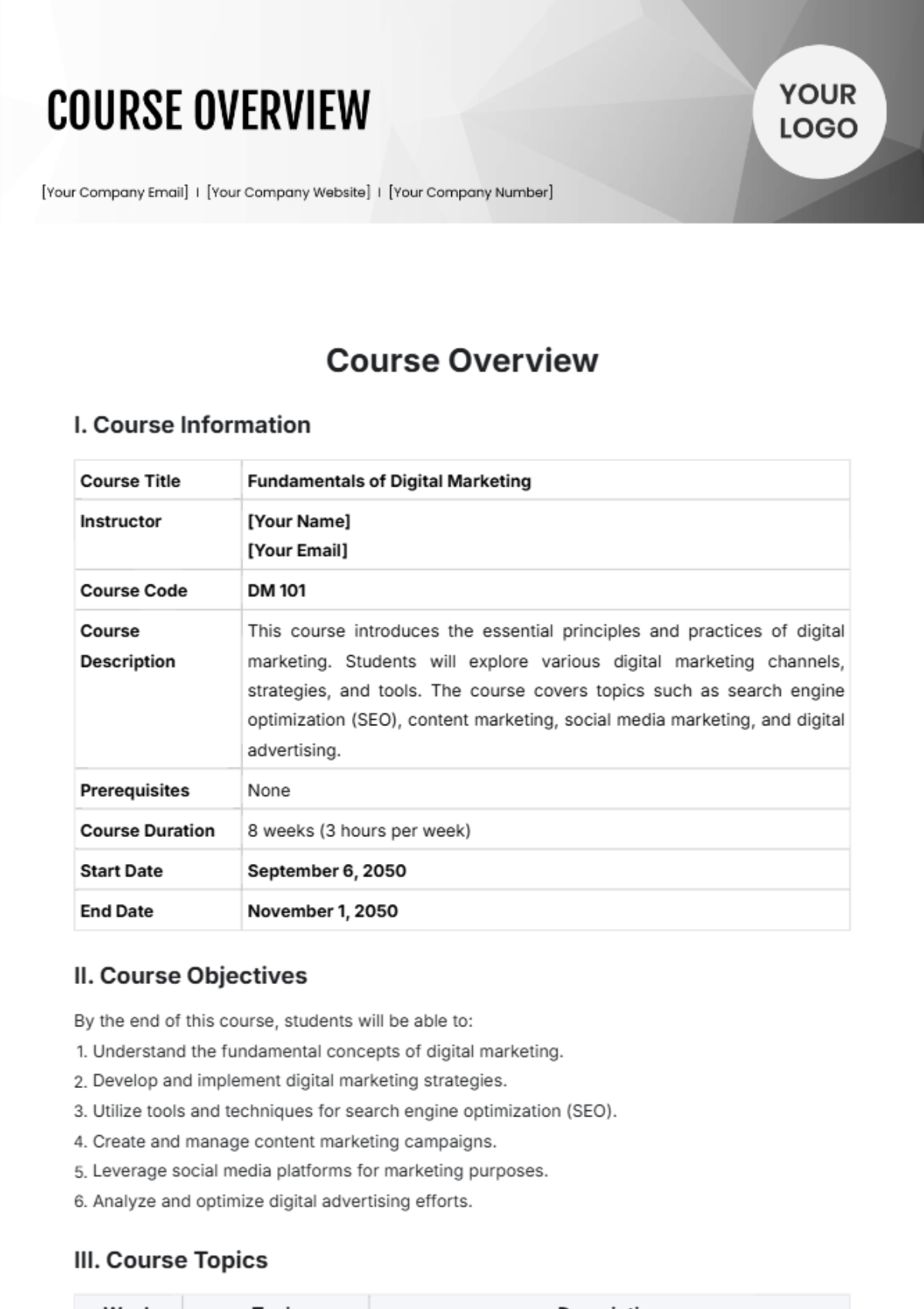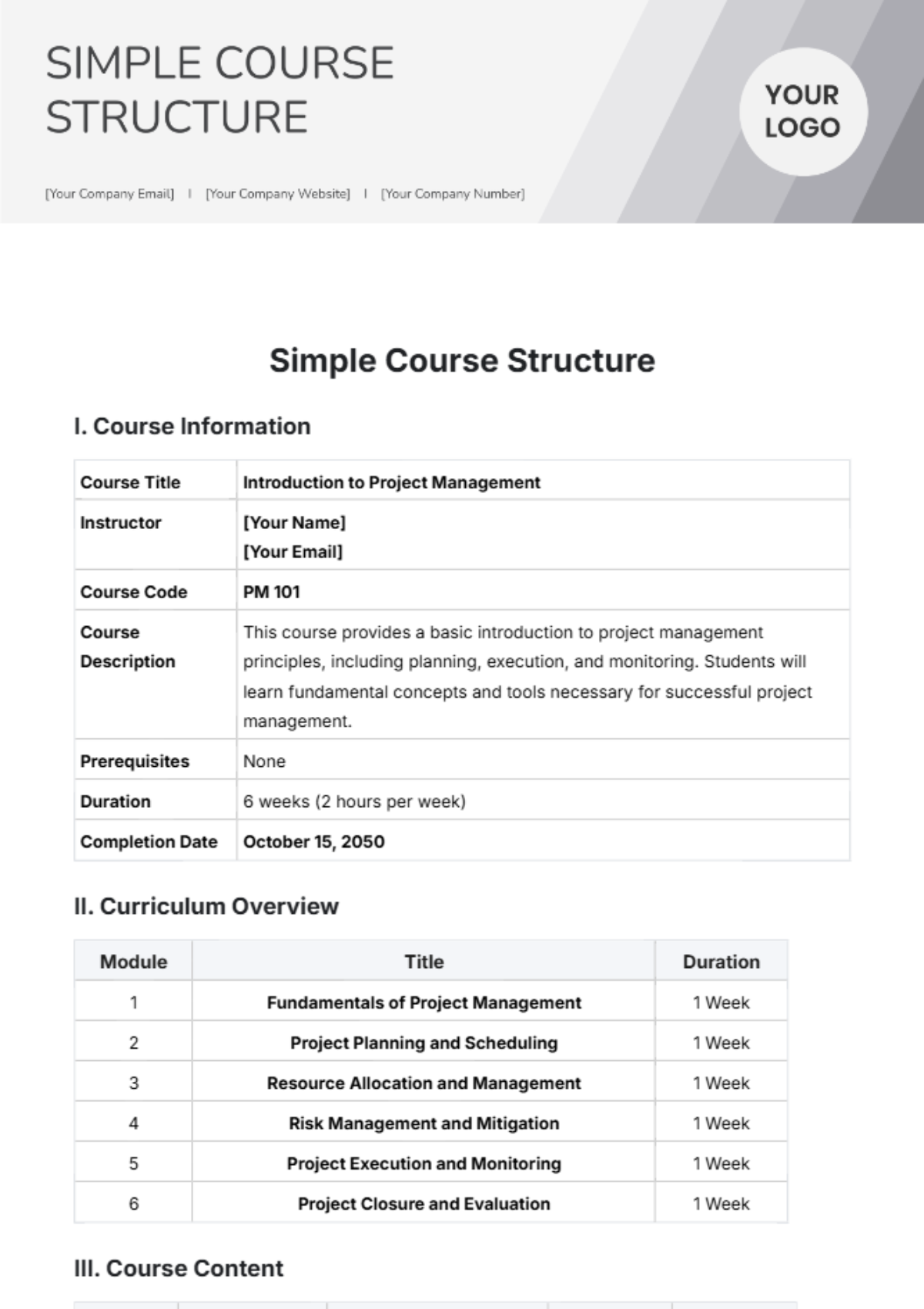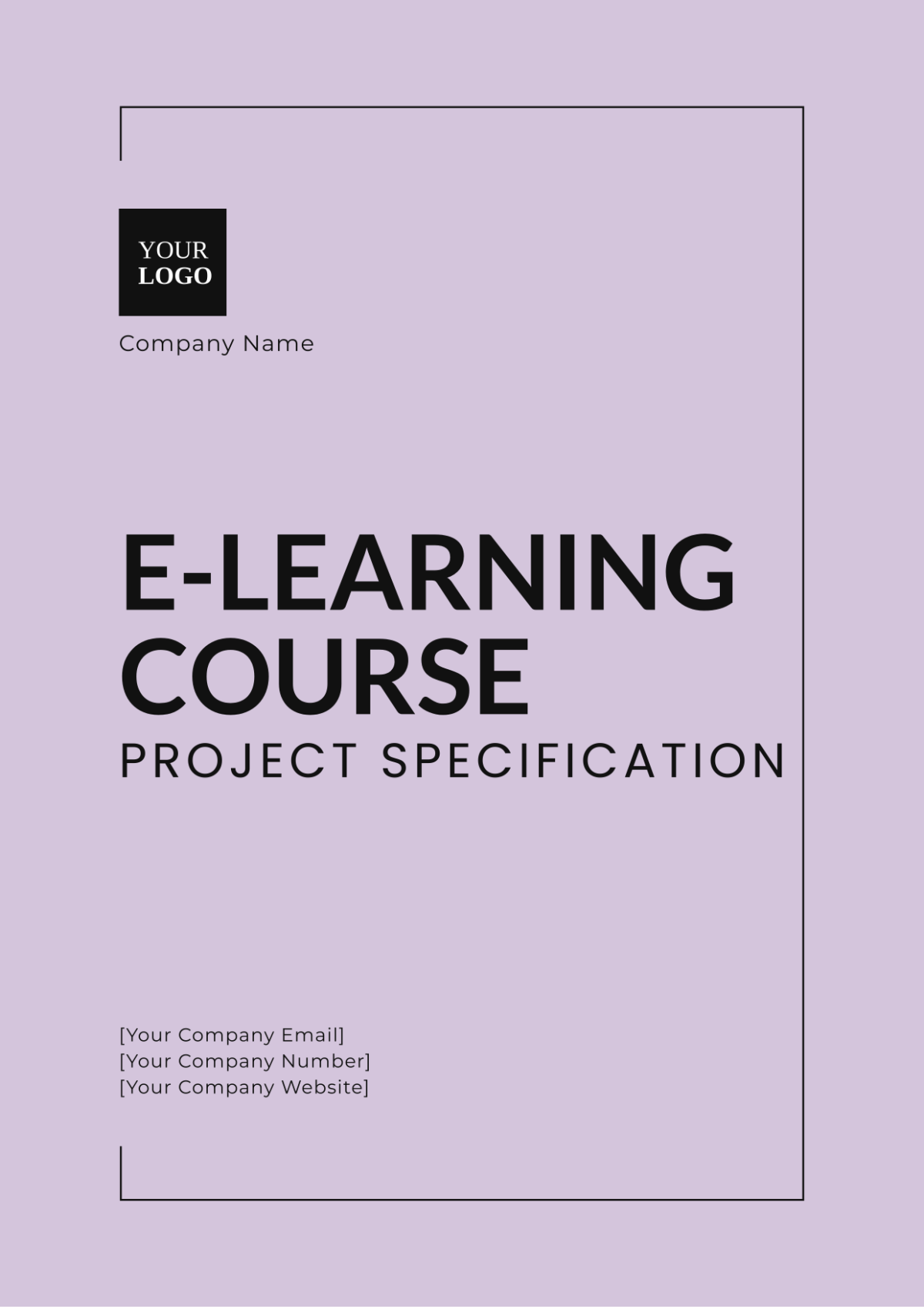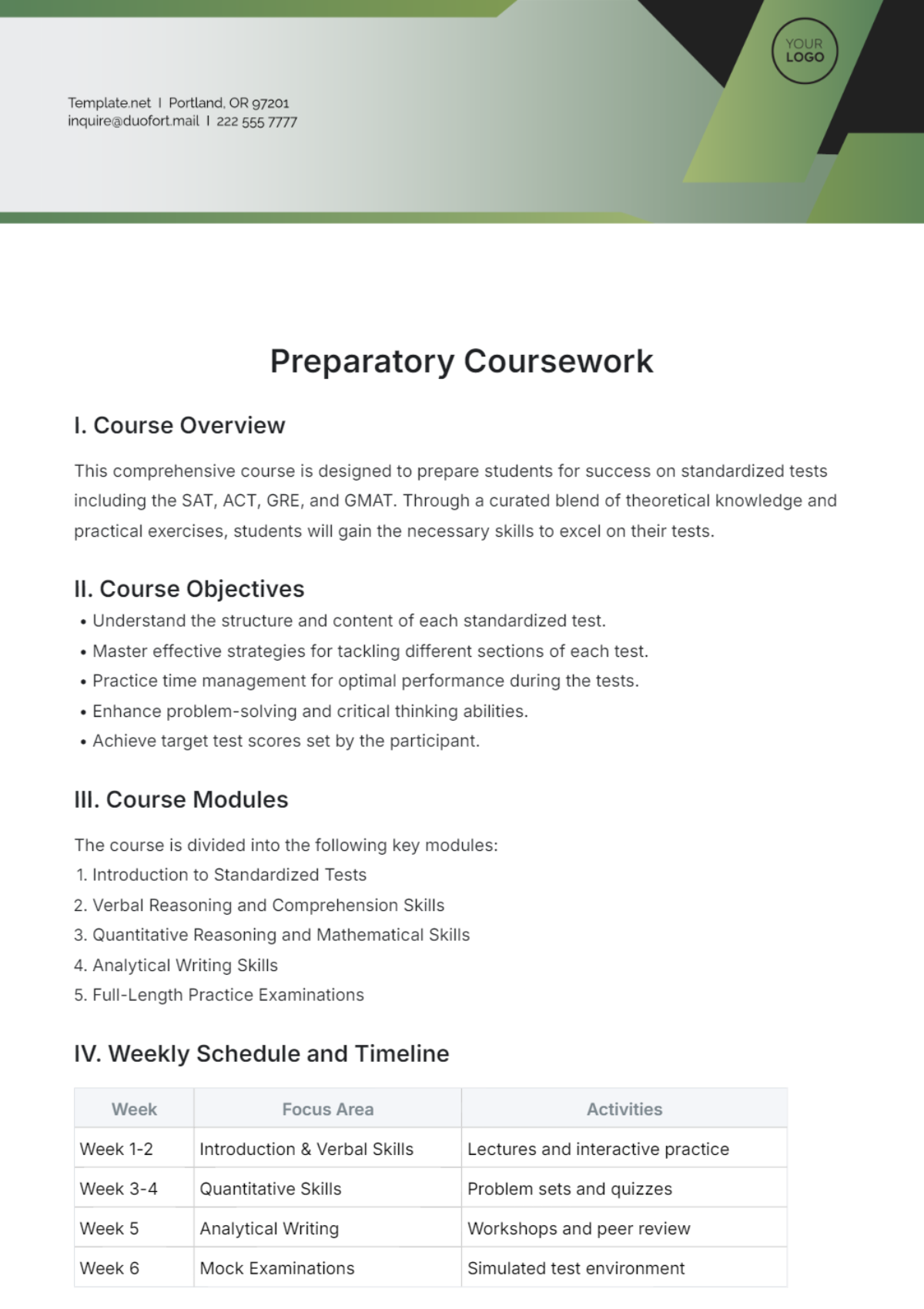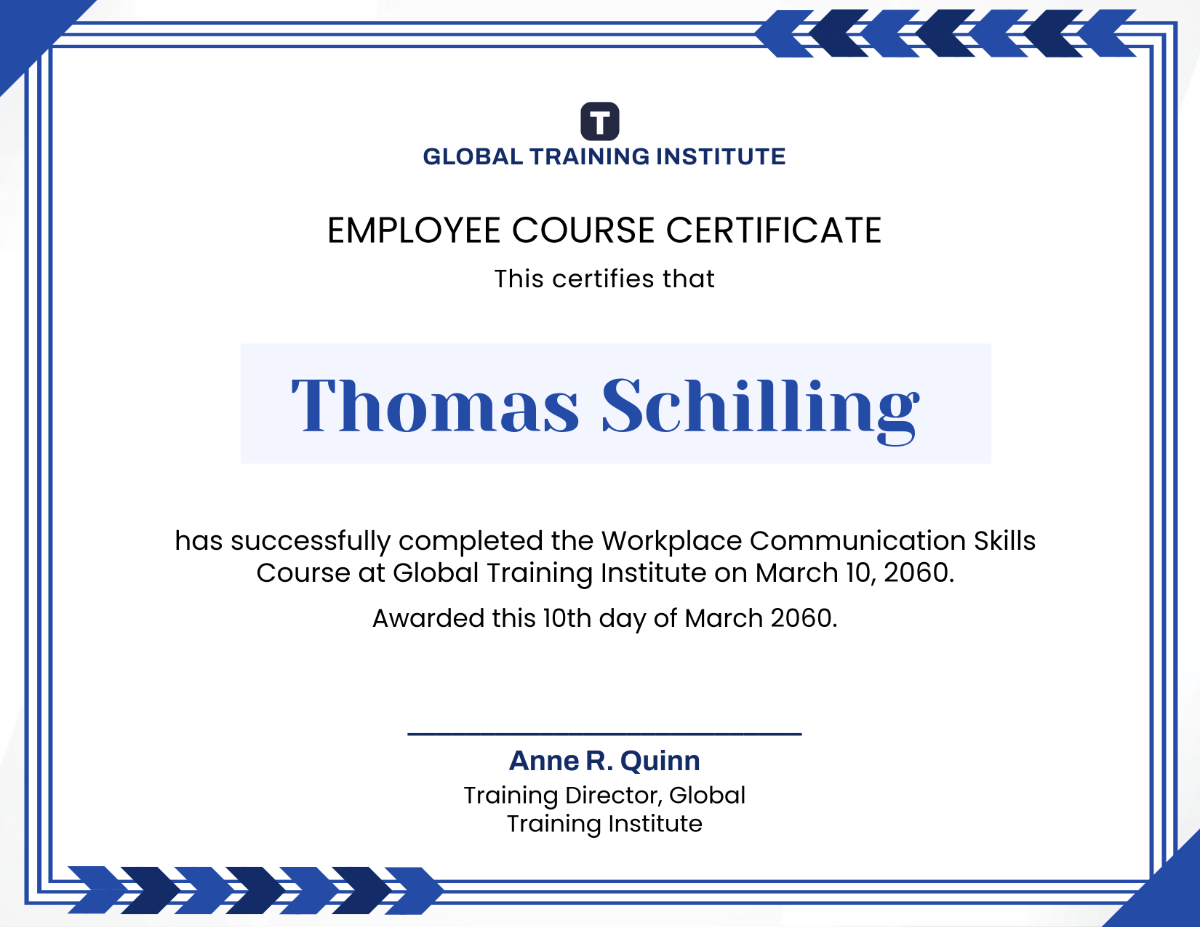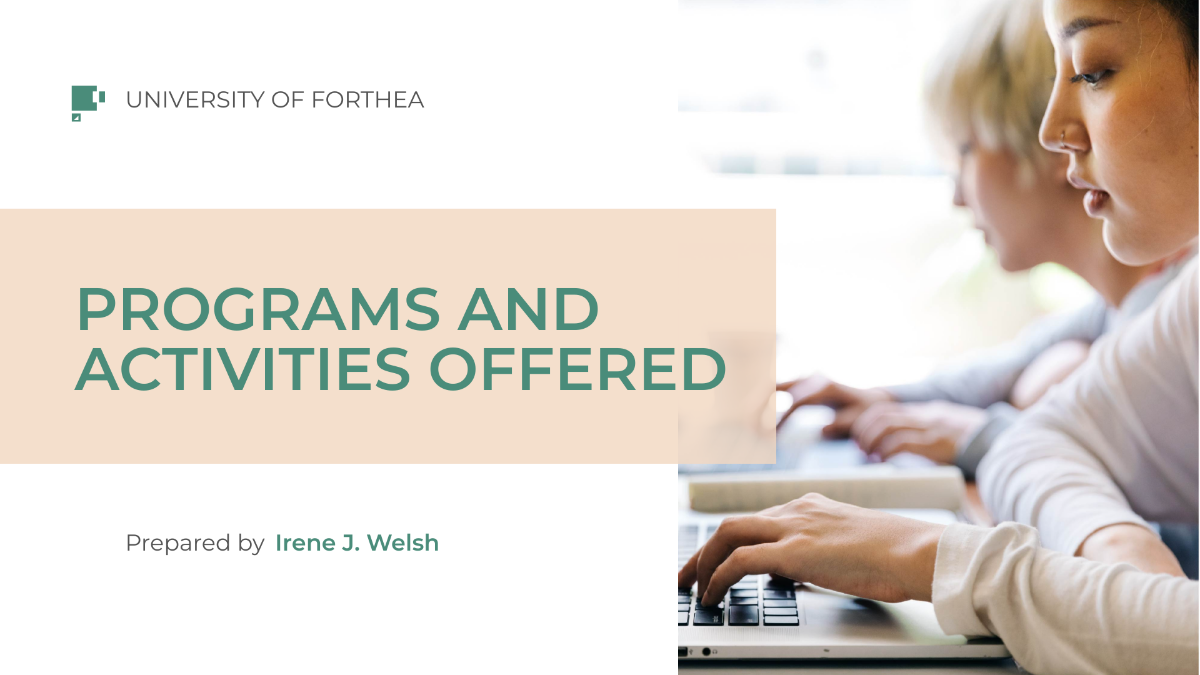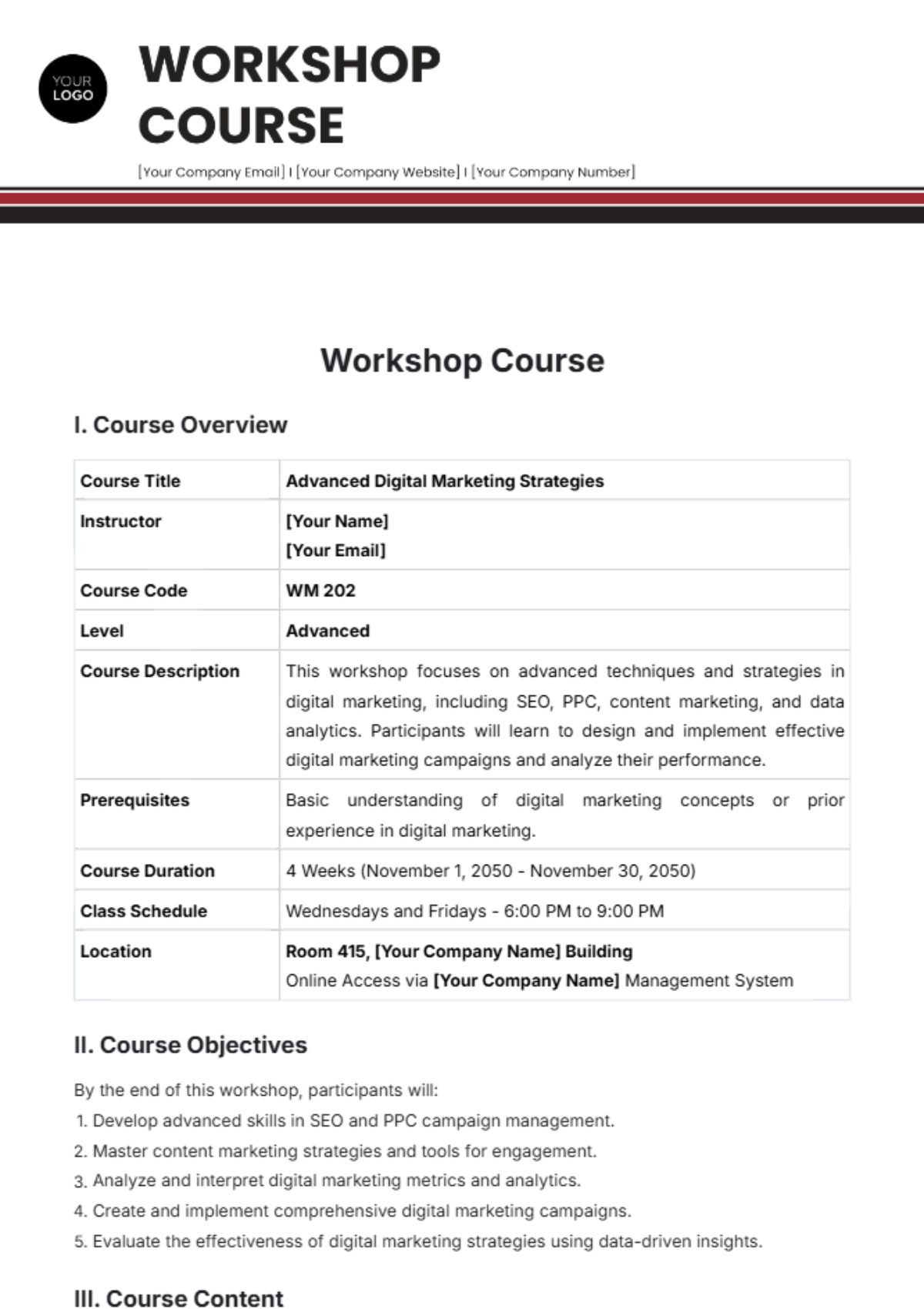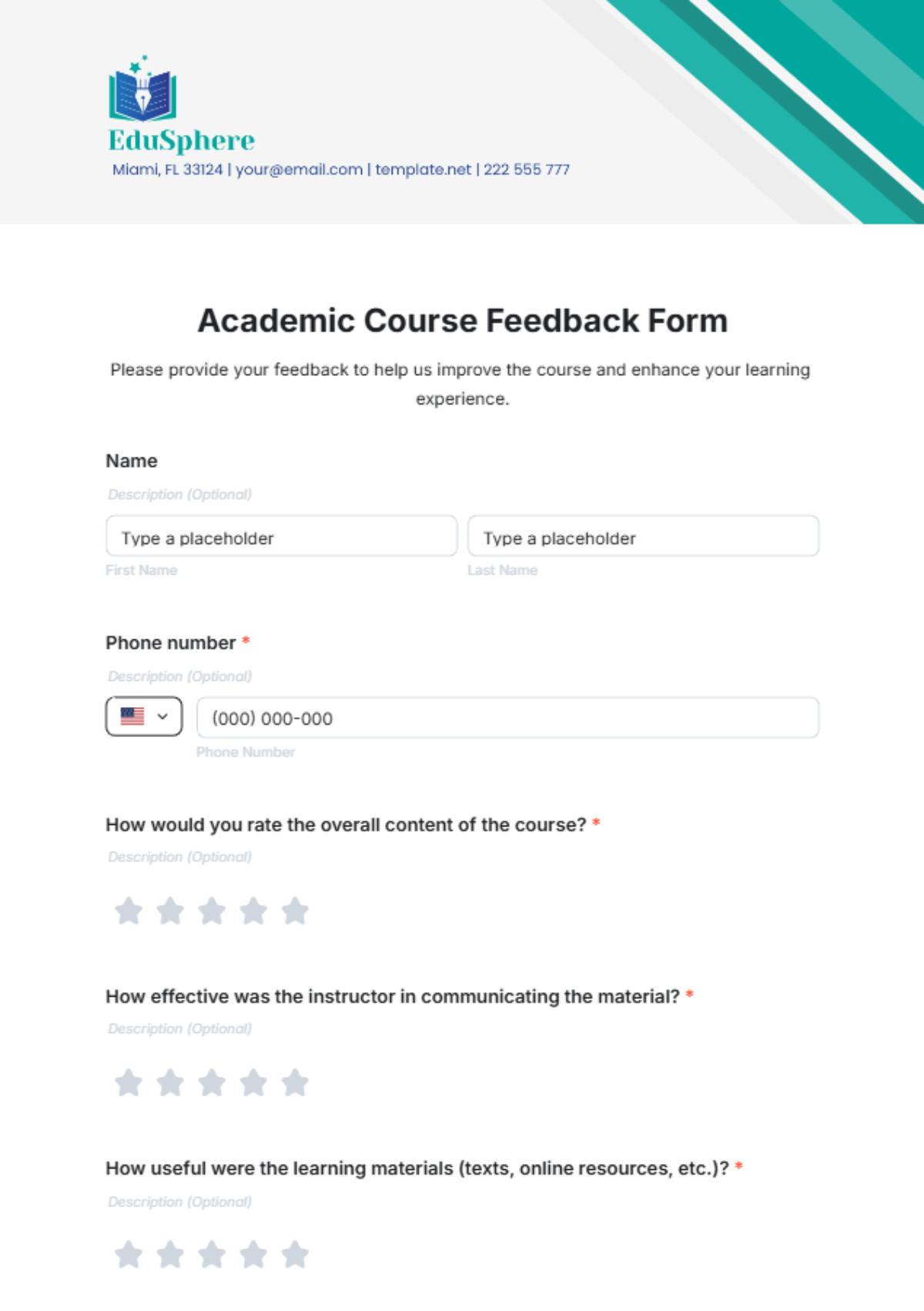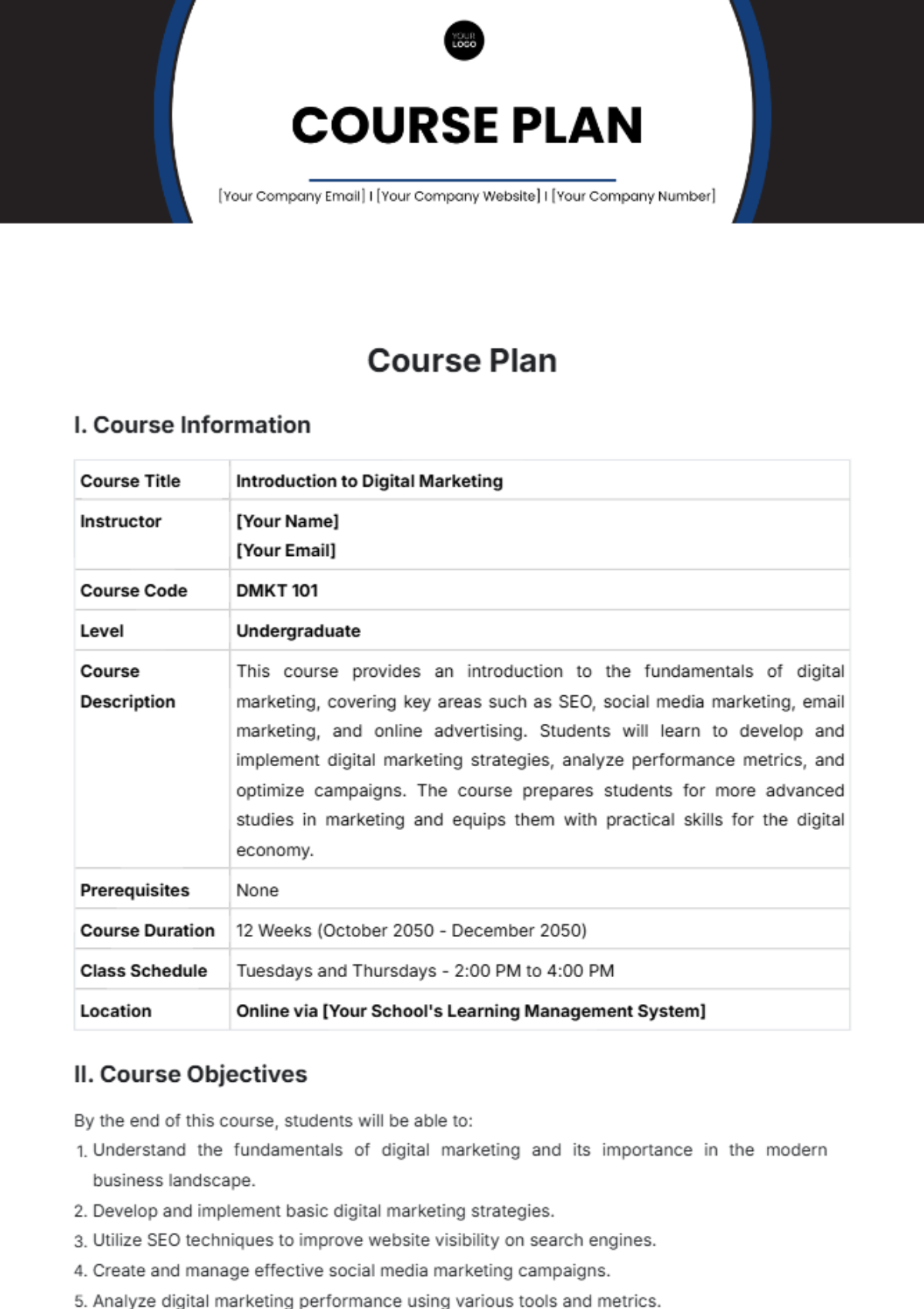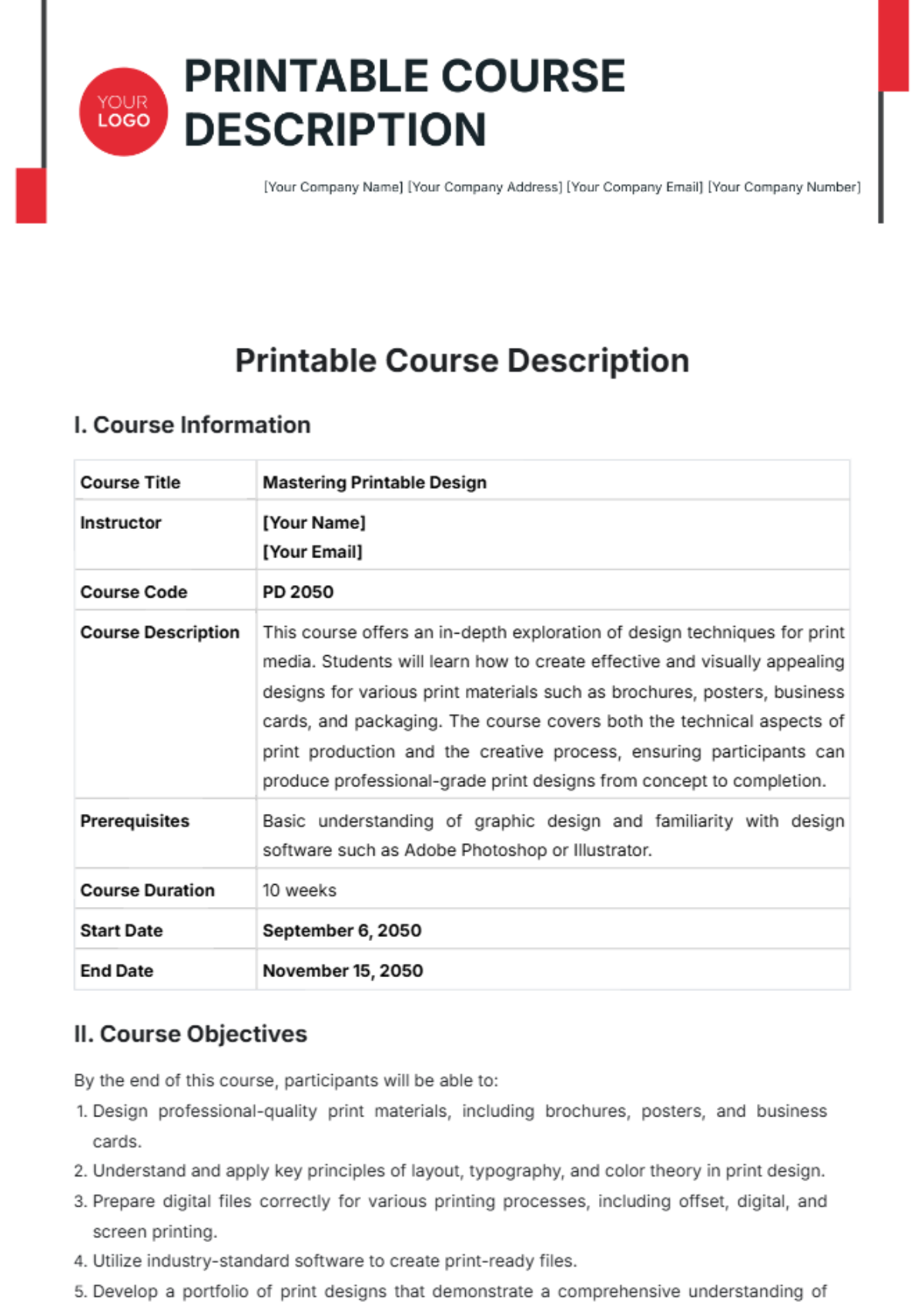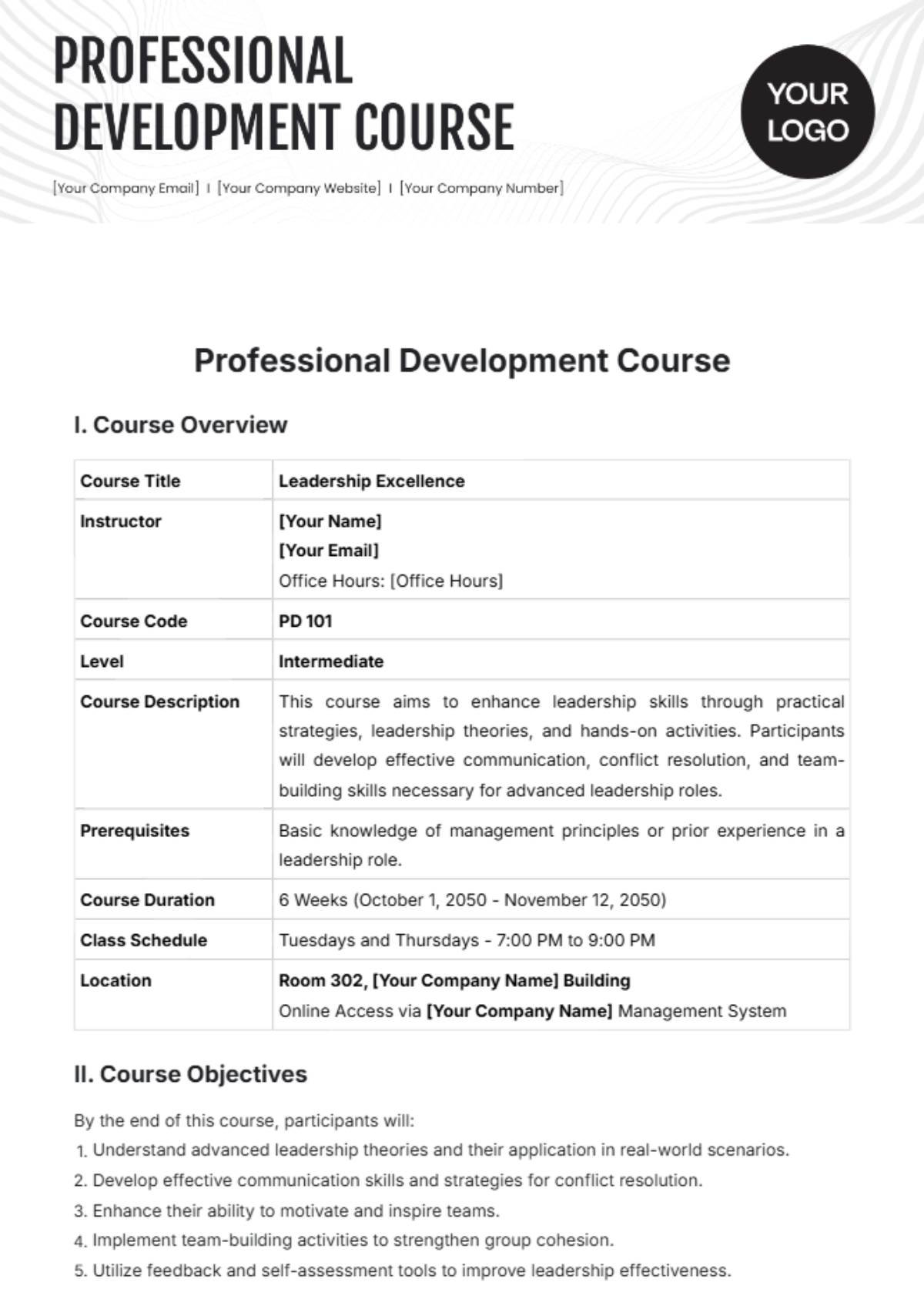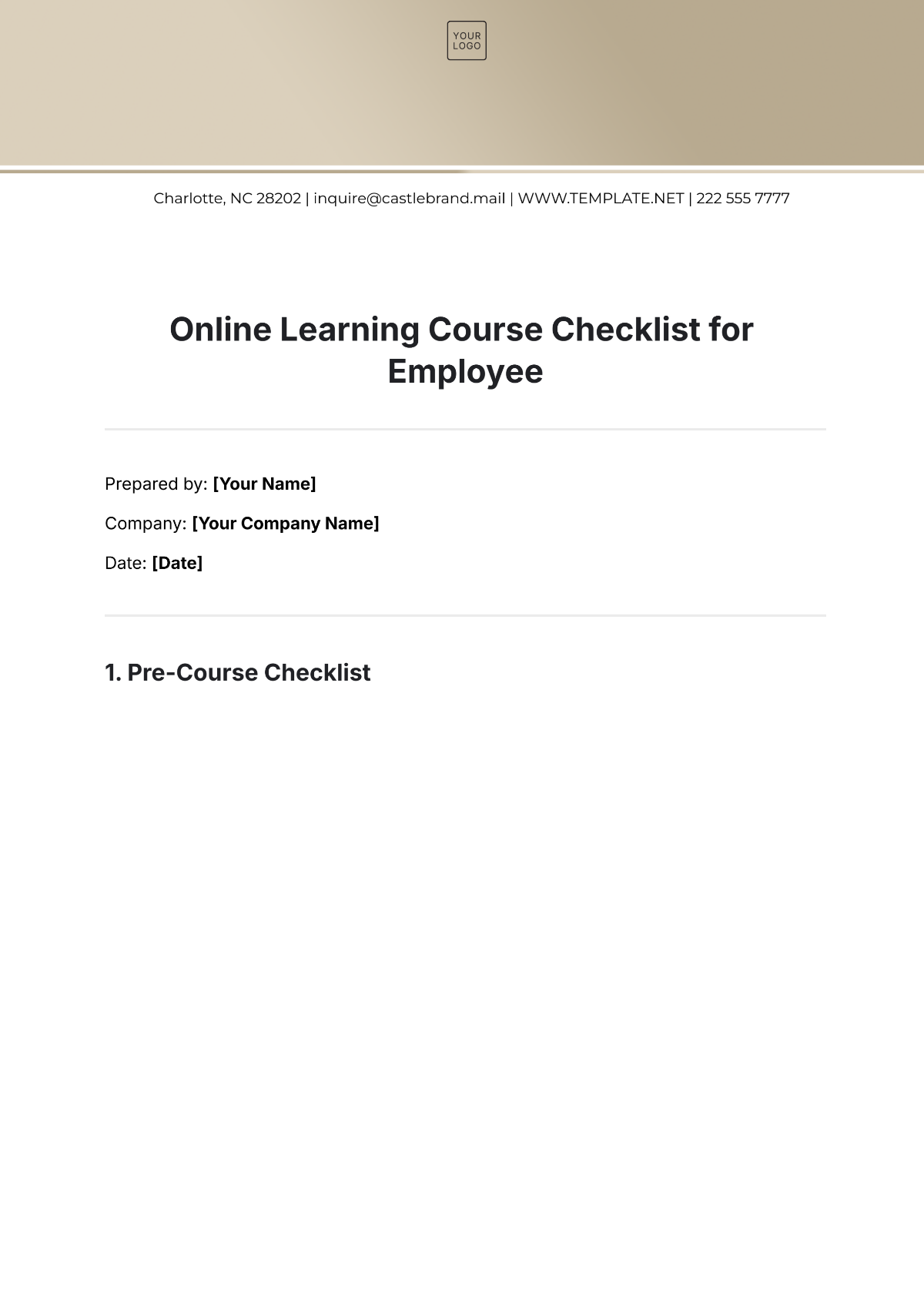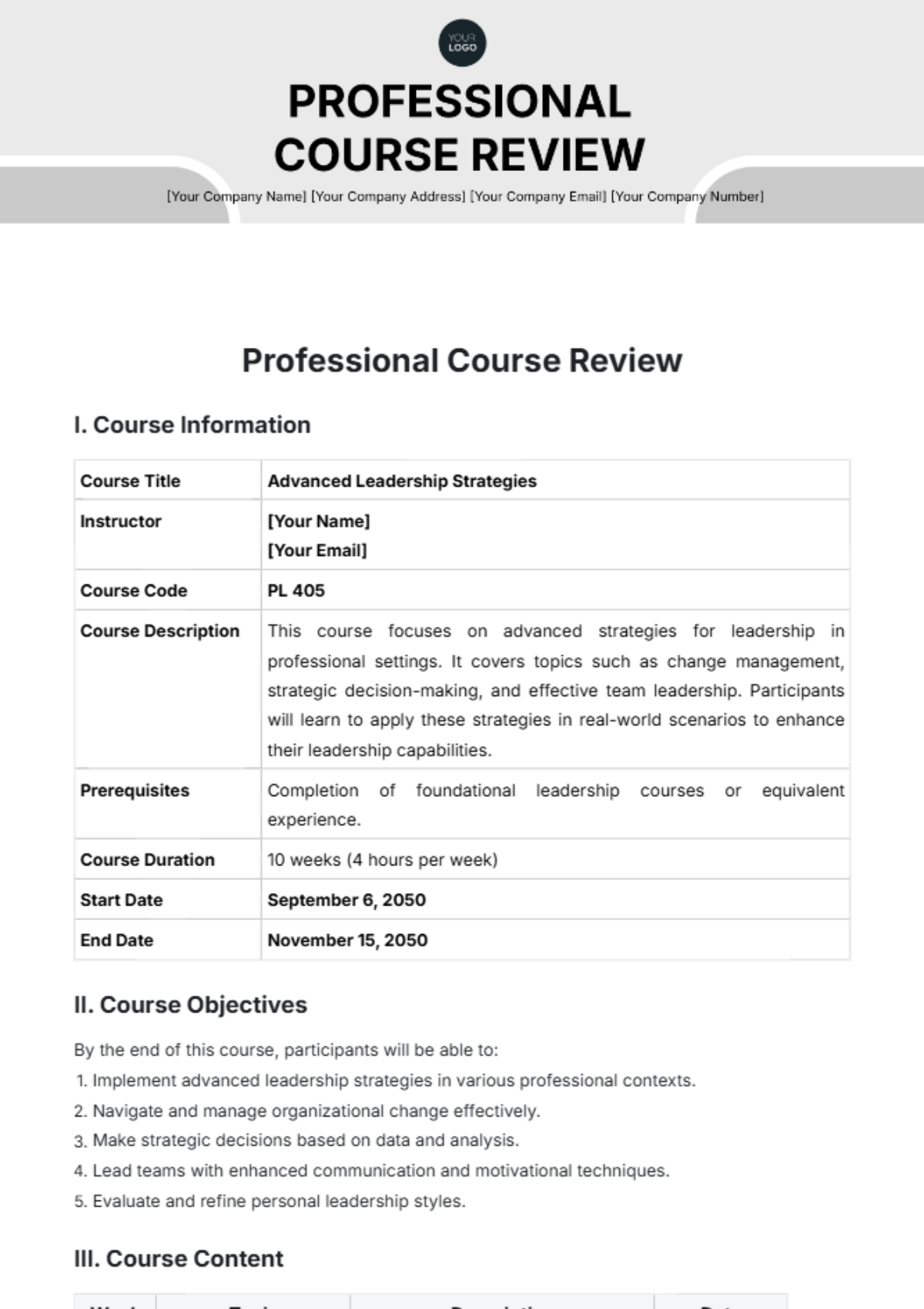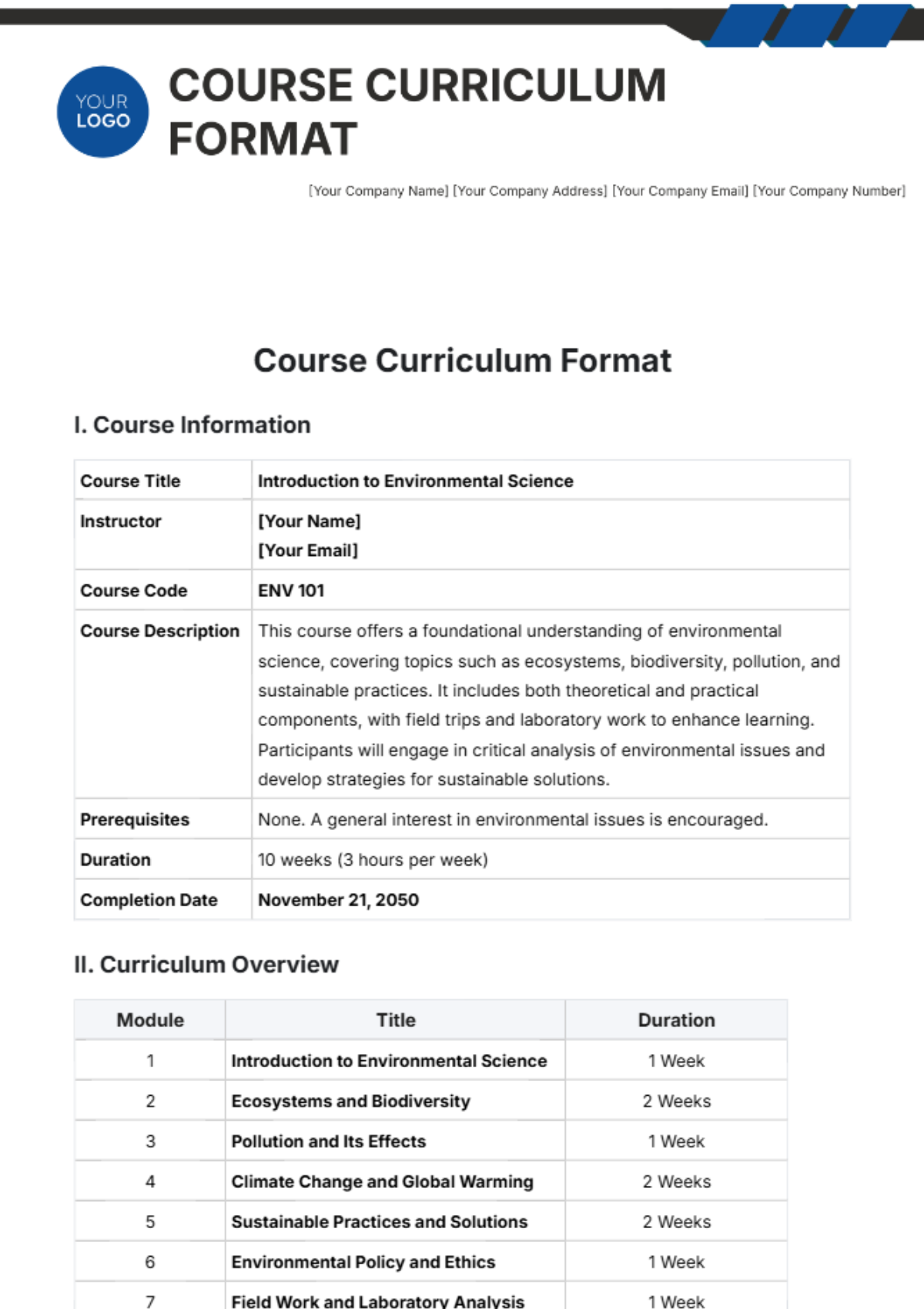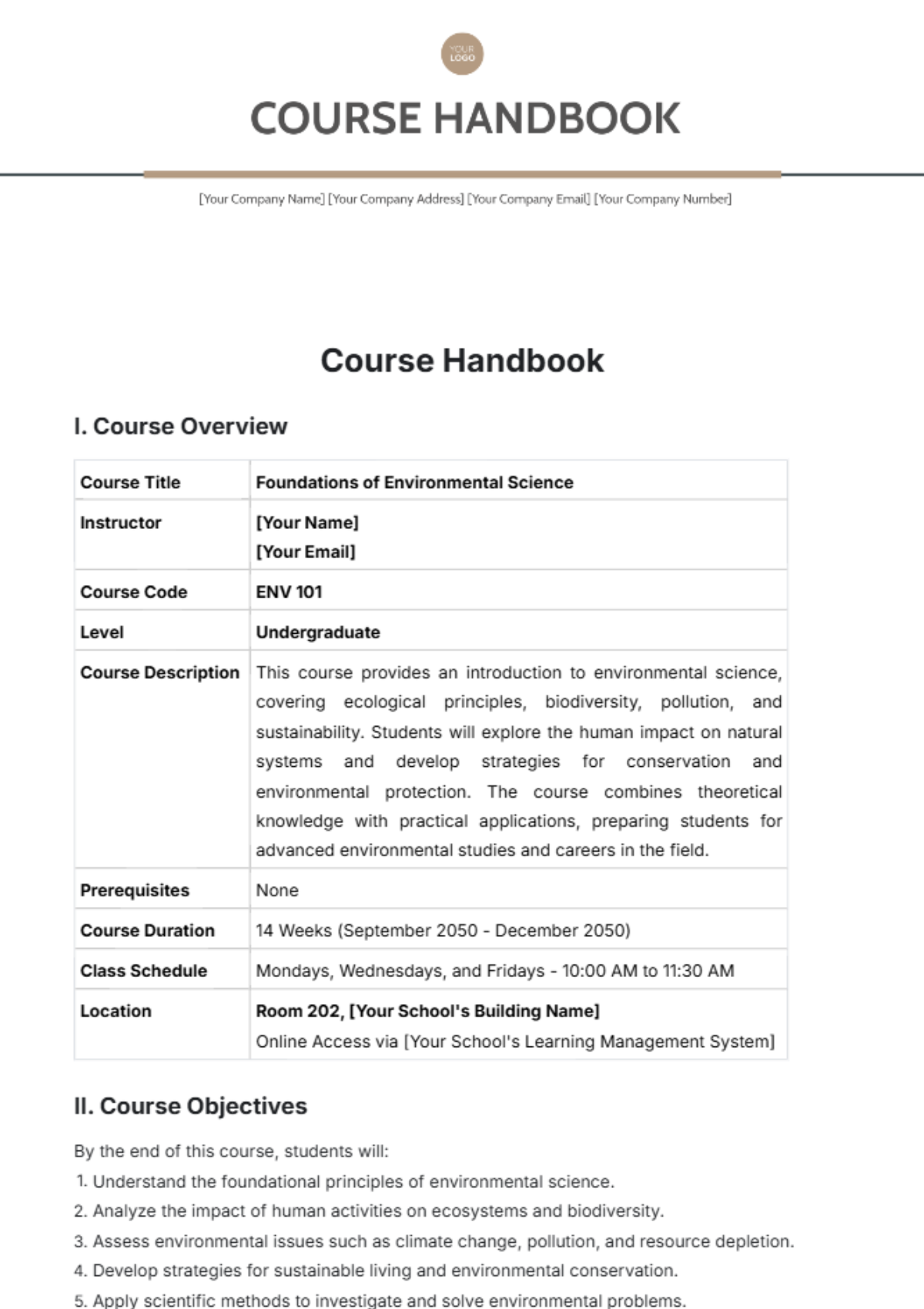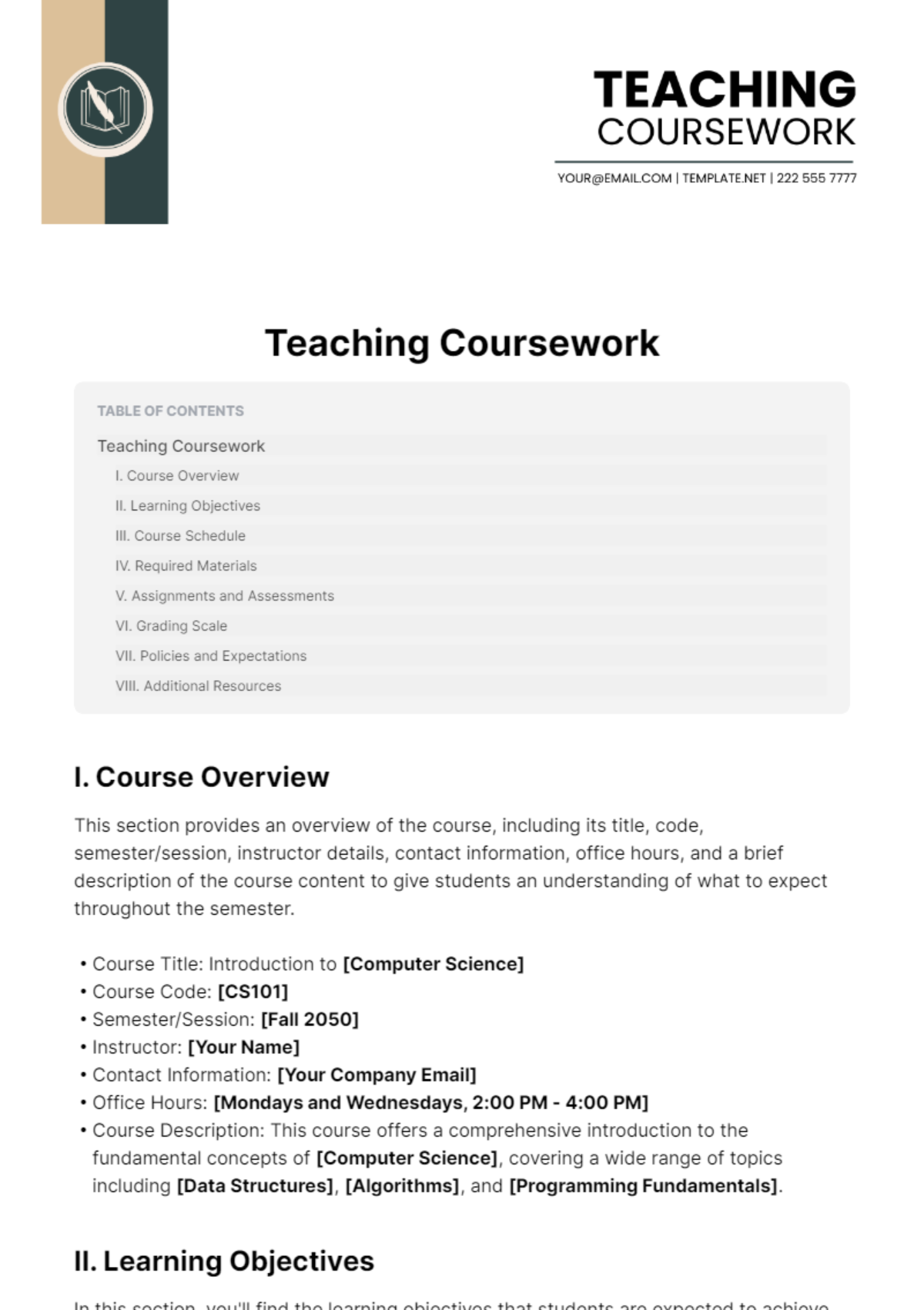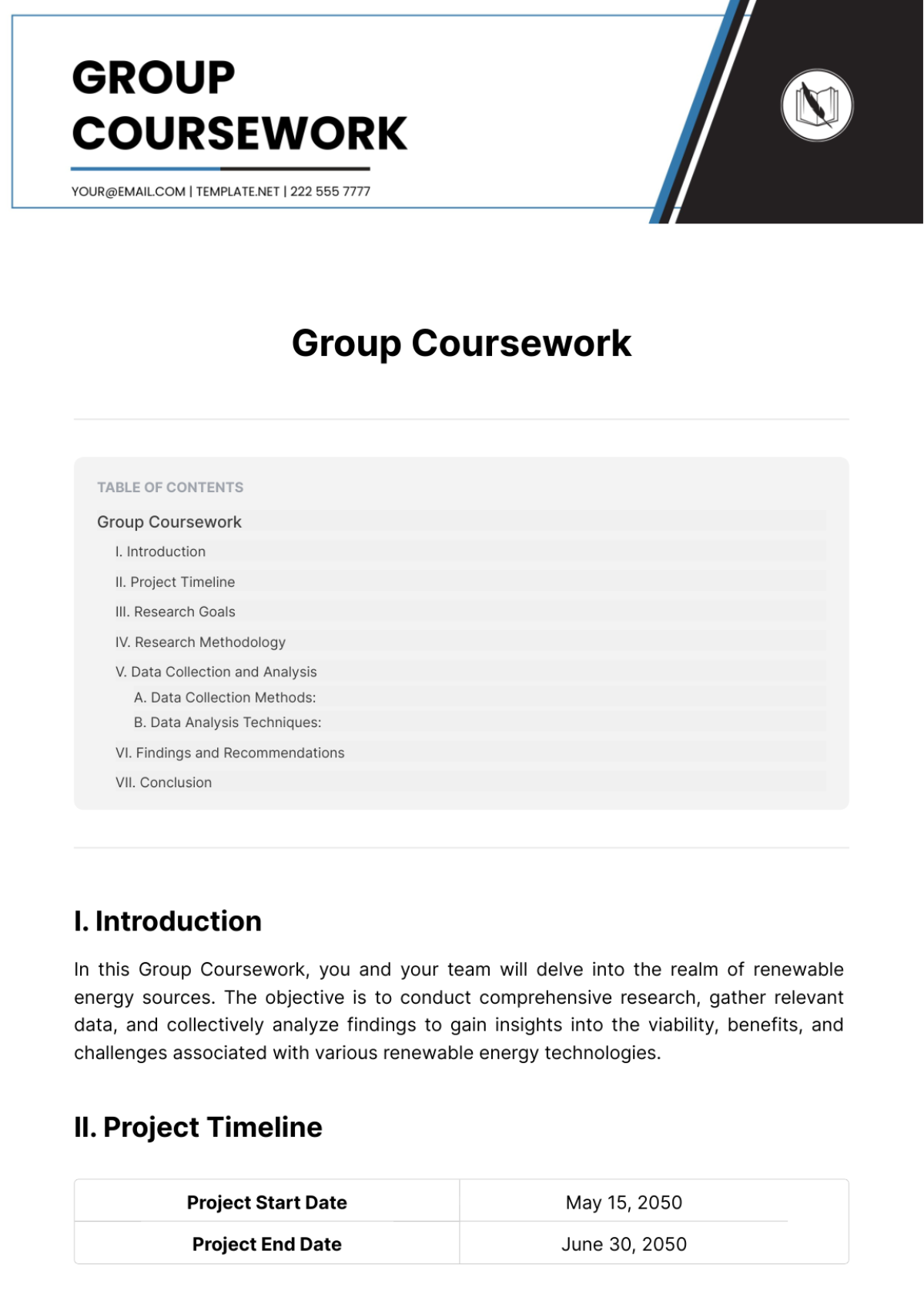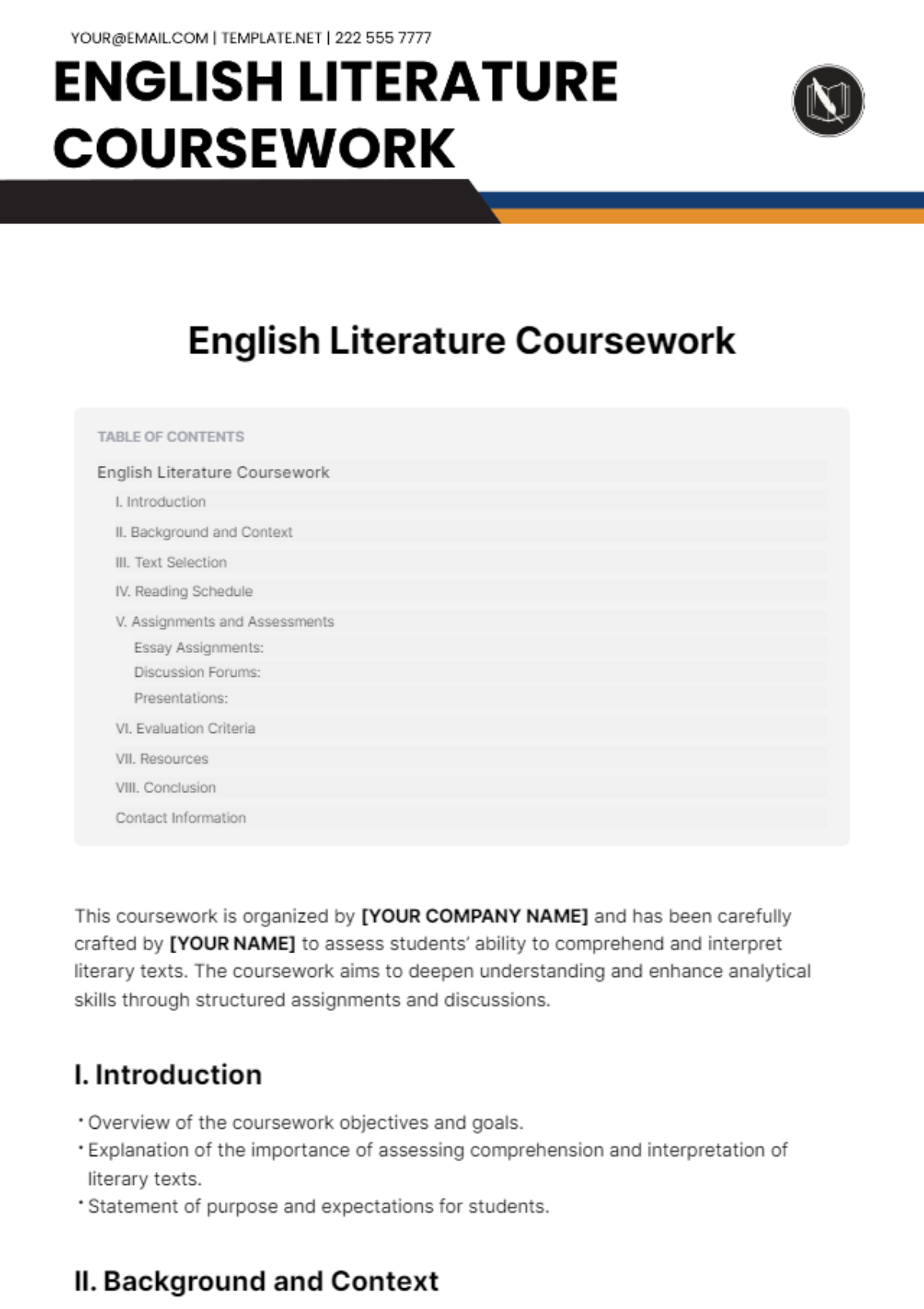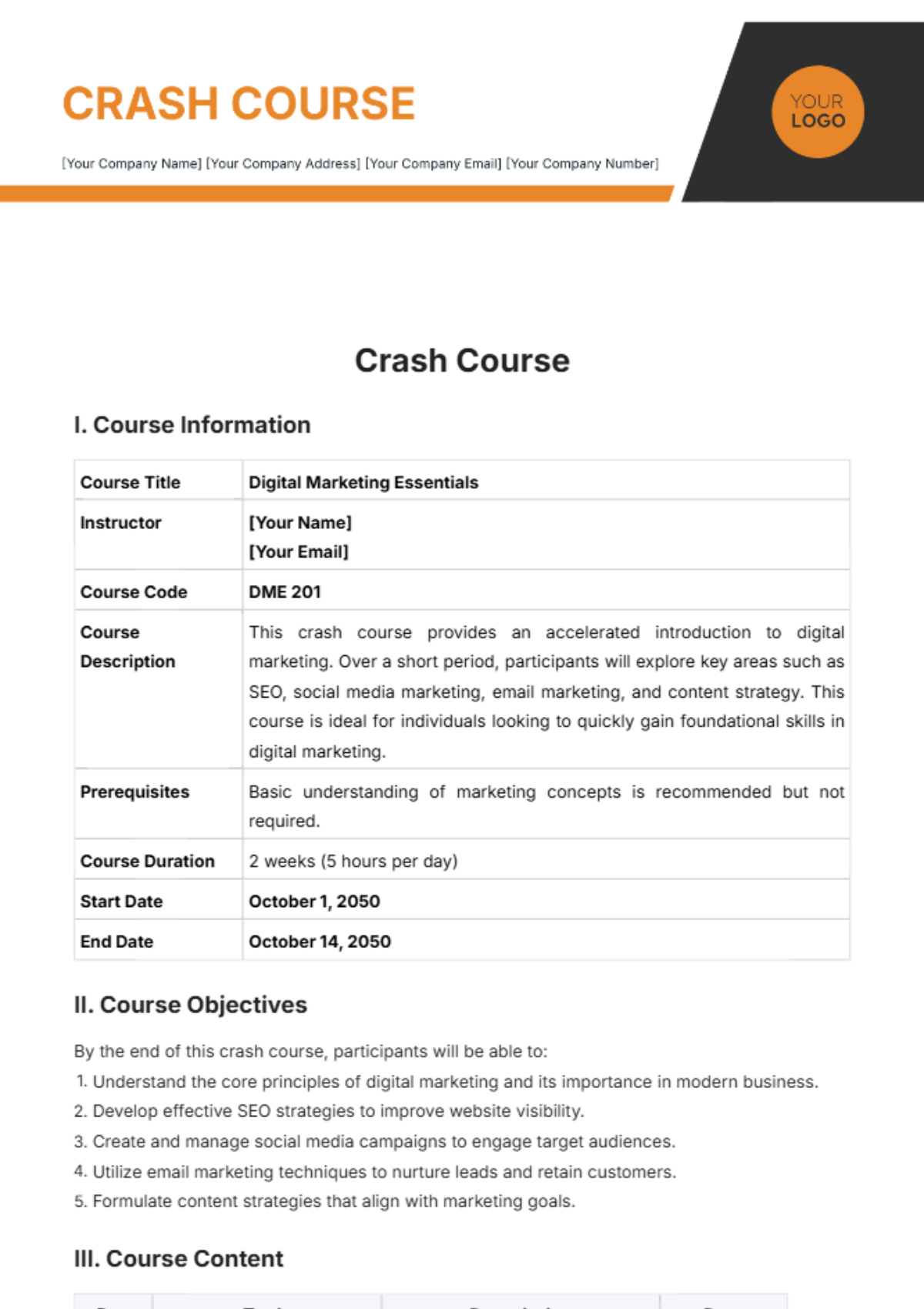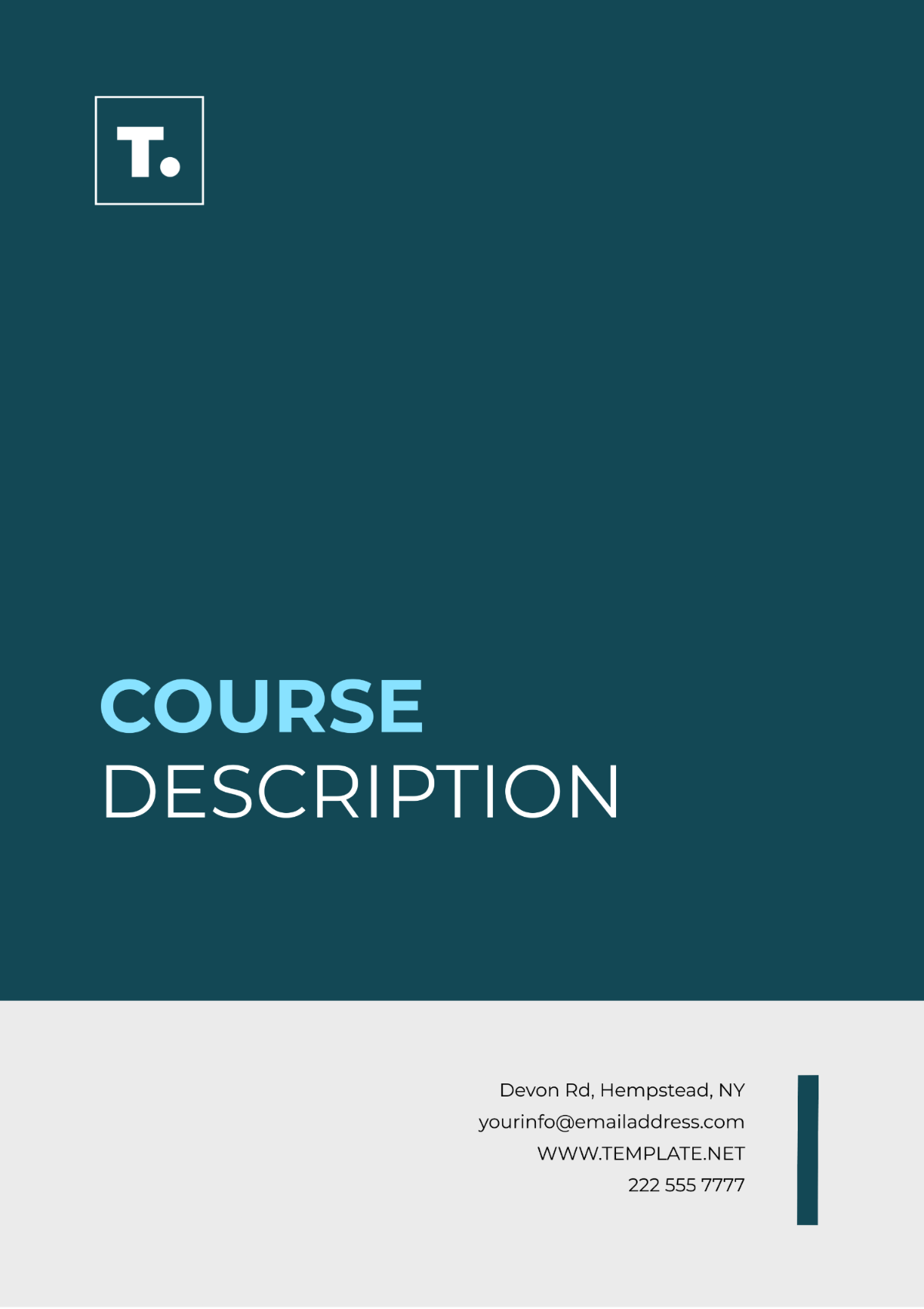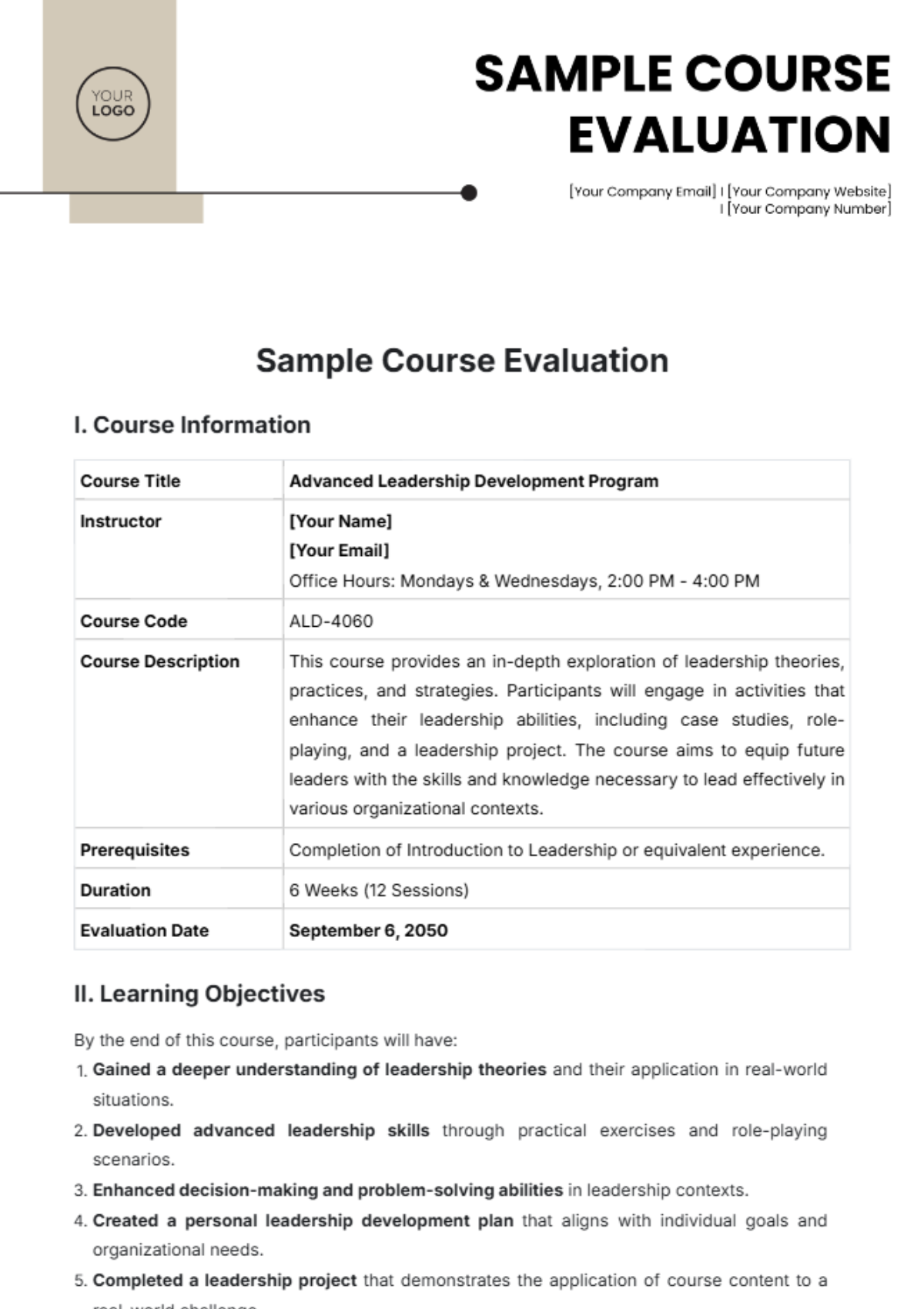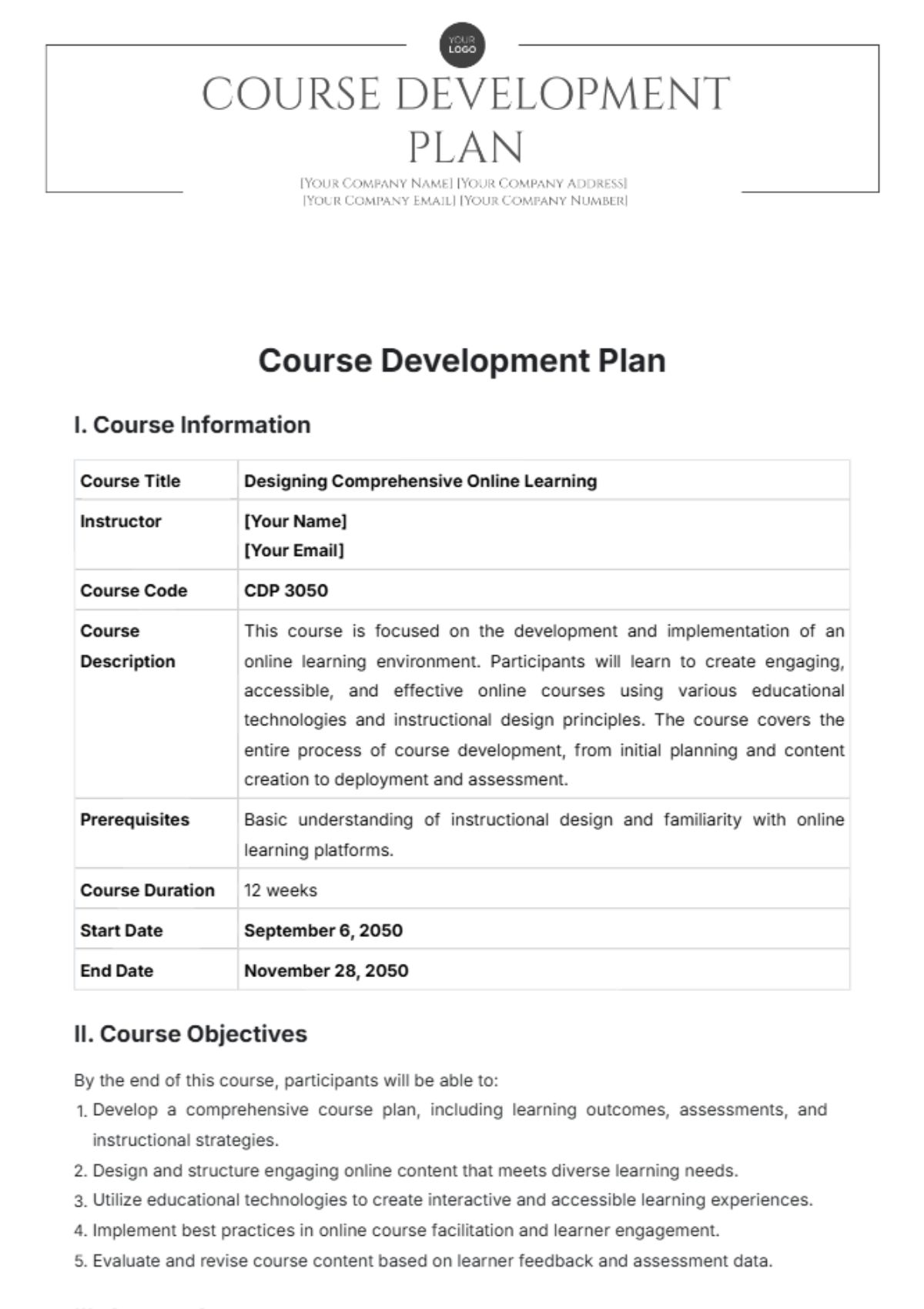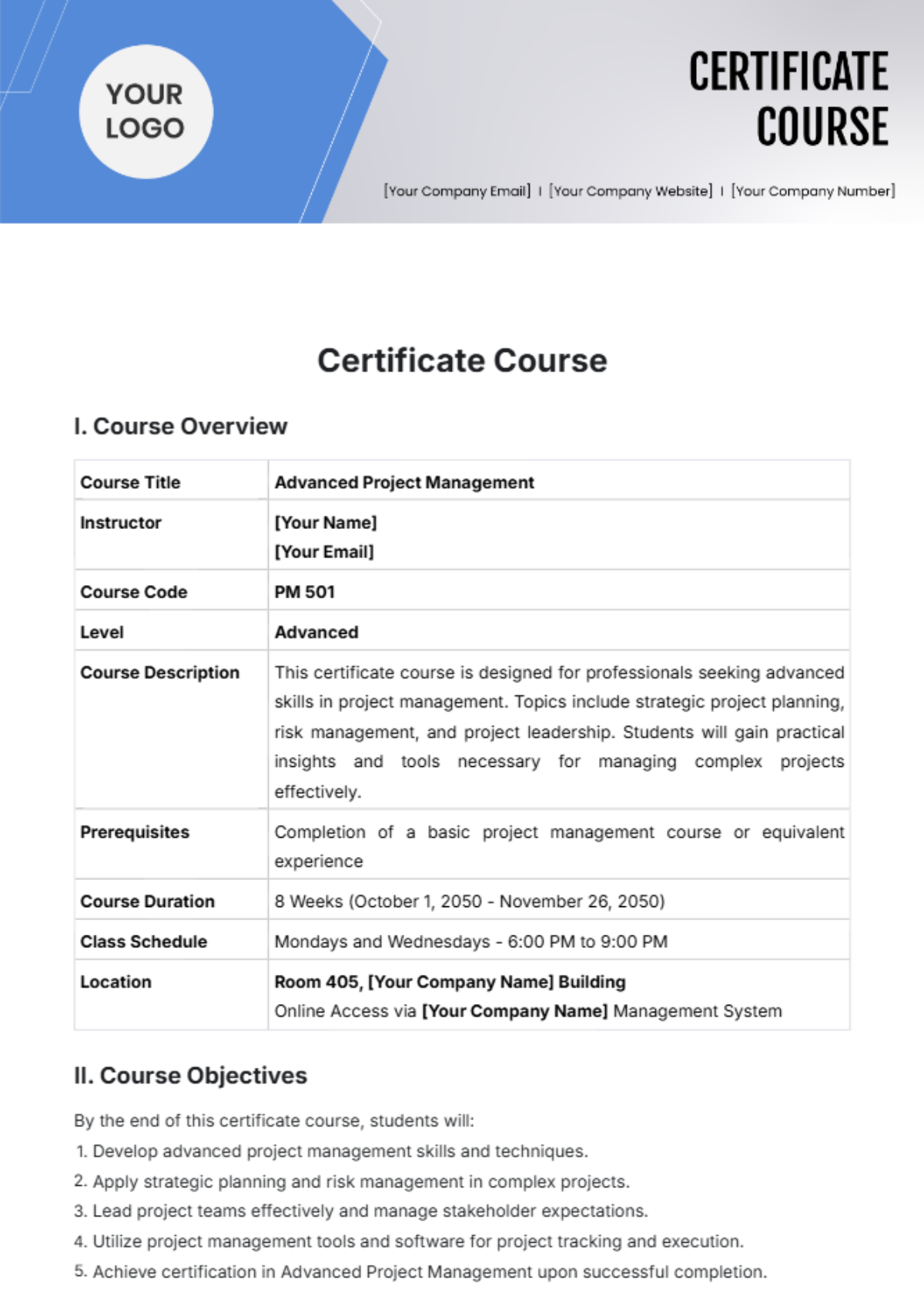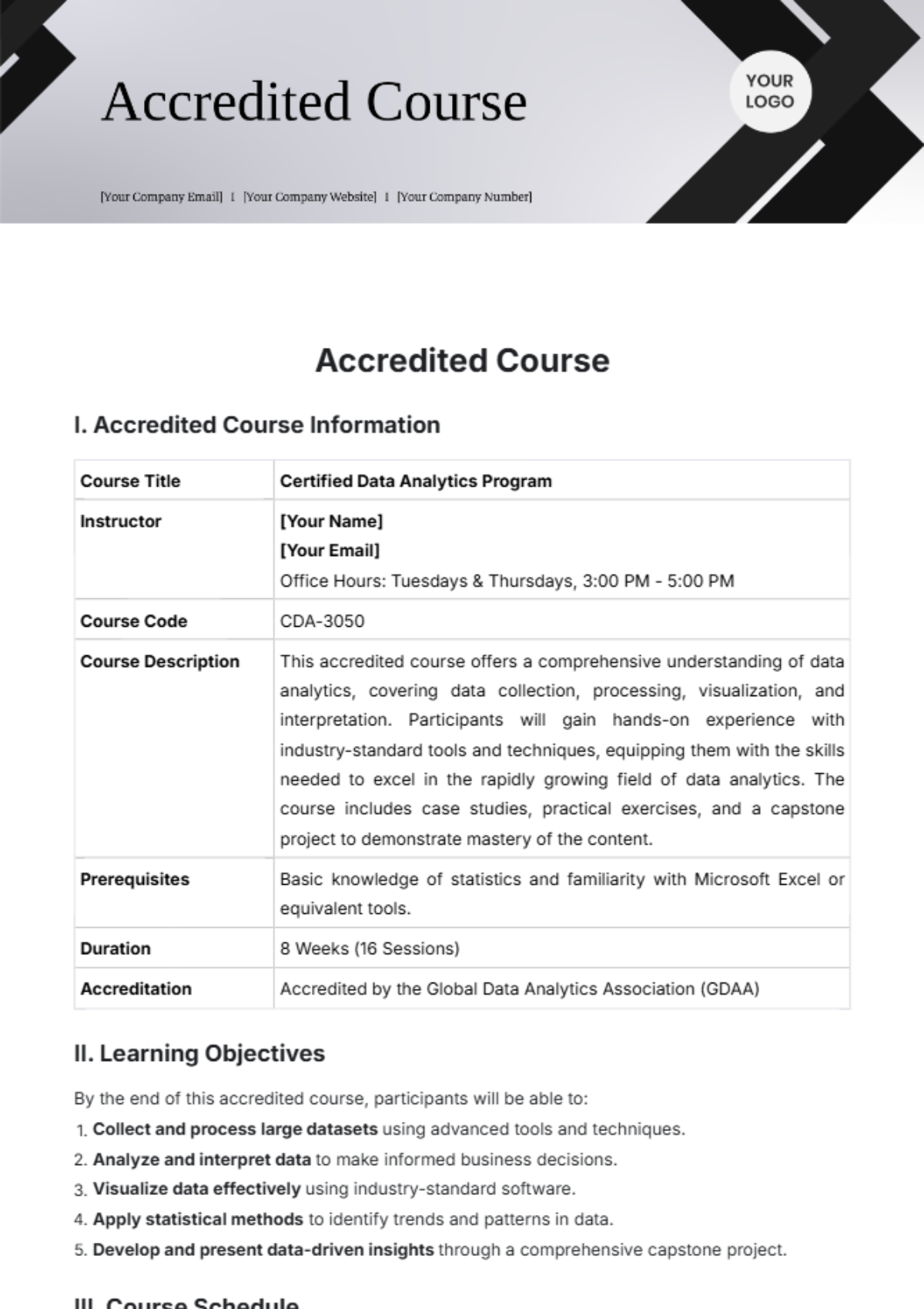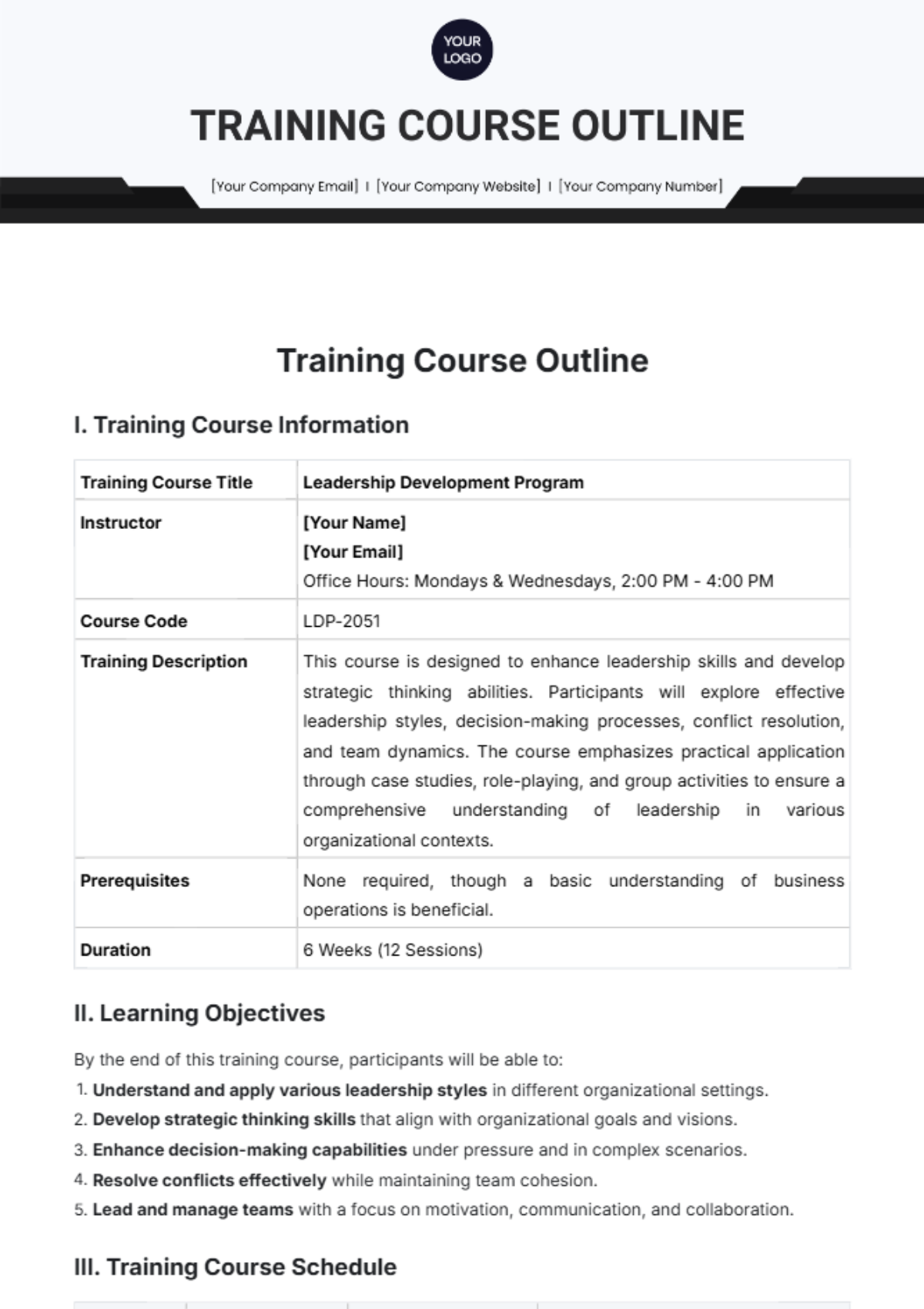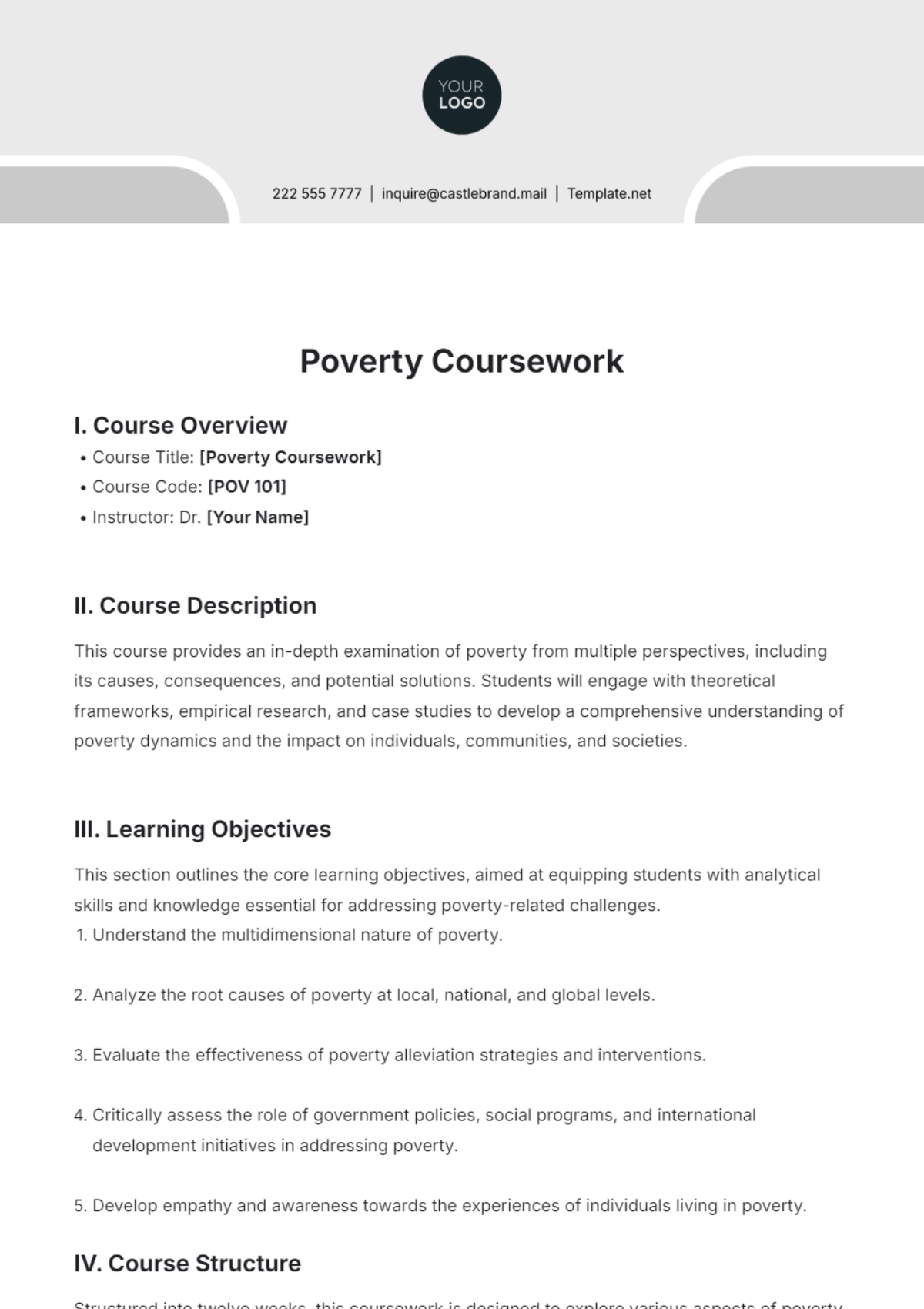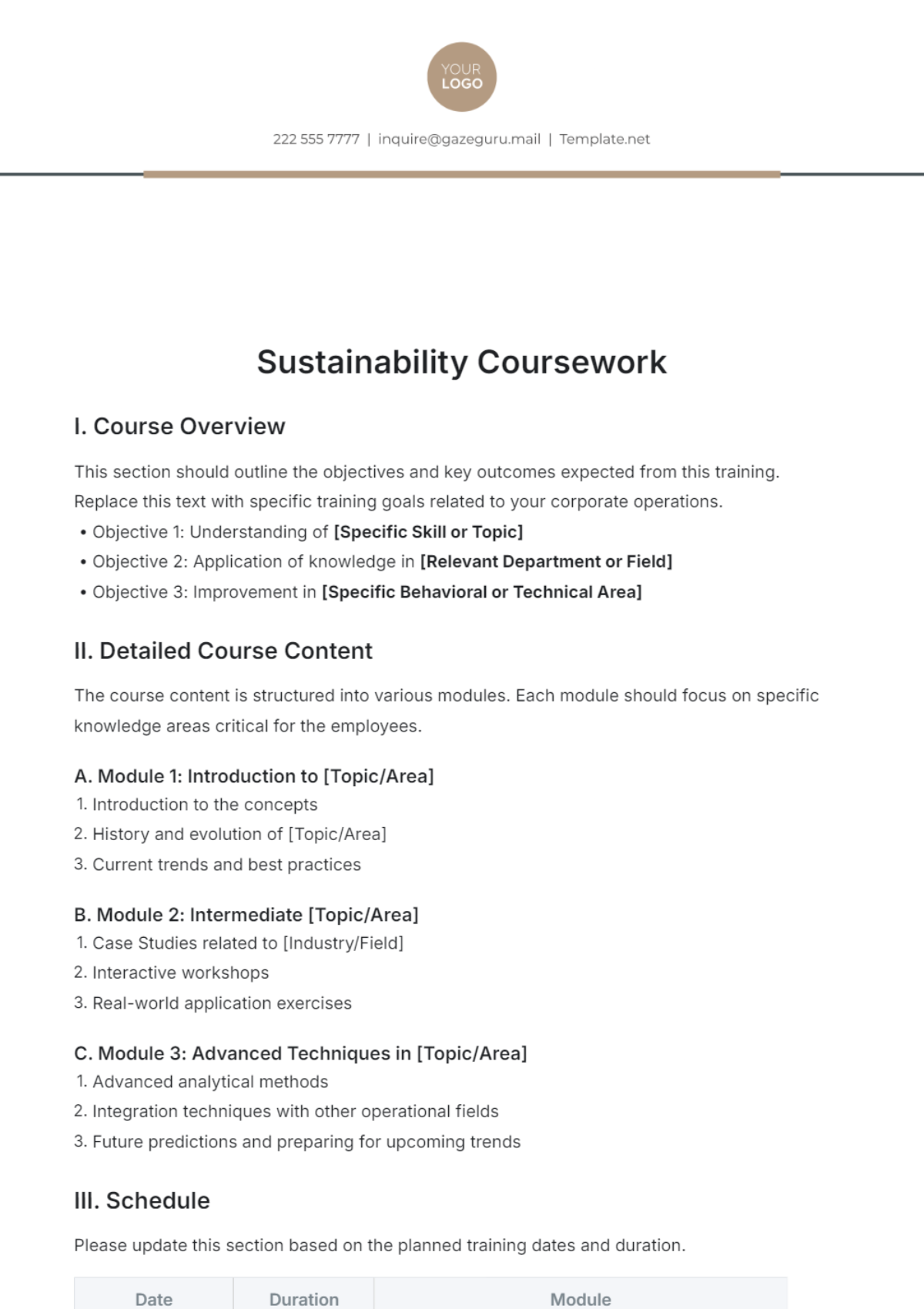Poverty Coursework
I. Course Overview
Course Title: [Poverty Coursework]
Course Code: [POV 101]
Instructor: Dr. [Your Name]
II. Course Description
This course provides an in-depth examination of poverty from multiple perspectives, including its causes, consequences, and potential solutions. Students will engage with theoretical frameworks, empirical research, and case studies to develop a comprehensive understanding of poverty dynamics and the impact on individuals, communities, and societies.
III. Learning Objectives
This section outlines the core learning objectives, aimed at equipping students with analytical skills and knowledge essential for addressing poverty-related challenges.
Understand the multidimensional nature of poverty.
Analyze the root causes of poverty at local, national, and global levels.
Evaluate the effectiveness of poverty alleviation strategies and interventions.
Critically assess the role of government policies, social programs, and international development initiatives in addressing poverty.
Develop empathy and awareness towards the experiences of individuals living in poverty.
IV. Course Structure
Structured into twelve weeks, this coursework is designed to explore various aspects of poverty systematically. Through lectures, seminars, and practical exercises, you will engage with course materials to analyze poverty measurement, causes, consequences, and policy responses.
Week 1-2: Introduction to Poverty
Defining poverty and its measurement
Historical perspectives on poverty
Theoretical frameworks (e.g., social exclusion, capabilities approach)
Week 3-4: Causes of Poverty
Economic factors (unemployment, low wages)
Social factors (inequality, discrimination)
Structural factors (lack of access to education, healthcare)
Week 5-6: Consequences of Poverty
Health outcomes
Education attainment
Inter-generational poverty
Week 7-8: Poverty Alleviation Strategies
Income support programs (welfare, basic income)
Employment initiatives
Community development projects
Week 9-10: Policy Responses to Poverty
Social welfare policies
Housing and urban development
International aid and development assistance
Week 11-12: Reflection and Action
Reflective essays on course materials
Group projects on designing poverty alleviation programs
Final examination
V. Assessment
The assessment framework includes participation, assignments, exams, and collaborative projects. These assessments are designed to evaluate your comprehension of poverty-related concepts, critical thinking abilities, and practical application of knowledge.
Participation: 10%
Assignments: 40%
Midterm Exam: 20%
Group Project: 20%
Final Exam: 10%
VI. Resources
This section highlights the resources available to you, including textbooks, readings, and online materials. These resources will support you in furthering your understanding of poverty-related issues and conducting independent research for assignments and projects.
Textbook:
Title: [Introduction to Poverty Studies: Concepts and Challenges]
Author: [Dr. Sarah Johnson]
Publisher: [Global Academic Publishing]
Additional Readings:
Provided on [Course Website] or [Library Resources]
Online Resources:
[World Bank - Poverty Homepage]
[Google Scholar - Poverty Research Papers]
VII. Policies
Here, the policies governing attendance, assignment submission, academic integrity, and accommodations are outlined. These policies ensure fairness, transparency, and respect within the learning environment, fostering your academic excellence and integrity.
Attendance: Regular attendance is expected. Any absences must be communicated in advance.
Late Assignments: Late submissions will be penalized unless prior arrangements are made.
Academic Integrity: All work must be original and properly cited. Plagiarism will result in disciplinary action.
Accessibility: Accommodations will be provided for students with documented disabilities. Please contact the instructor for assistance.
VIII. Contact Information
Email: [Your Email]
Office Hours: [Day(s) and Time(s)]
Location: [Your Company Address]
